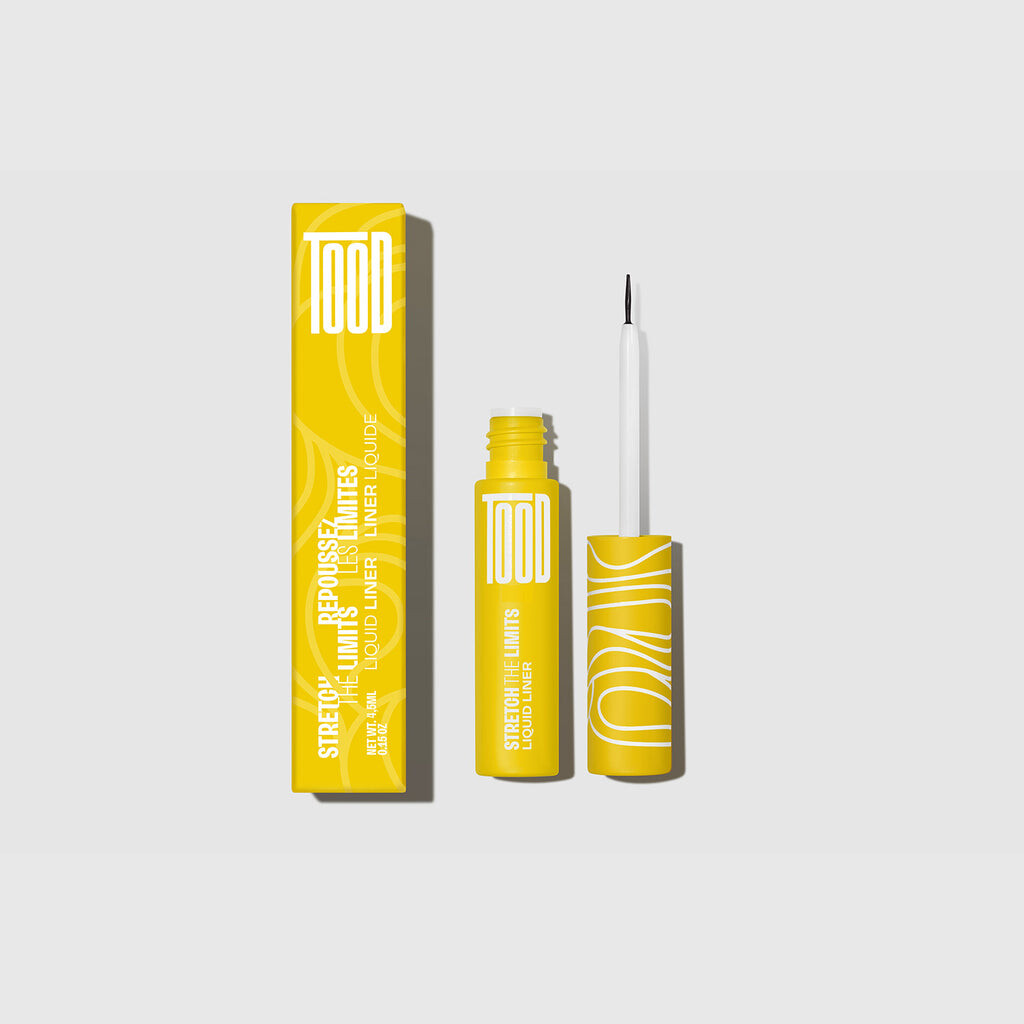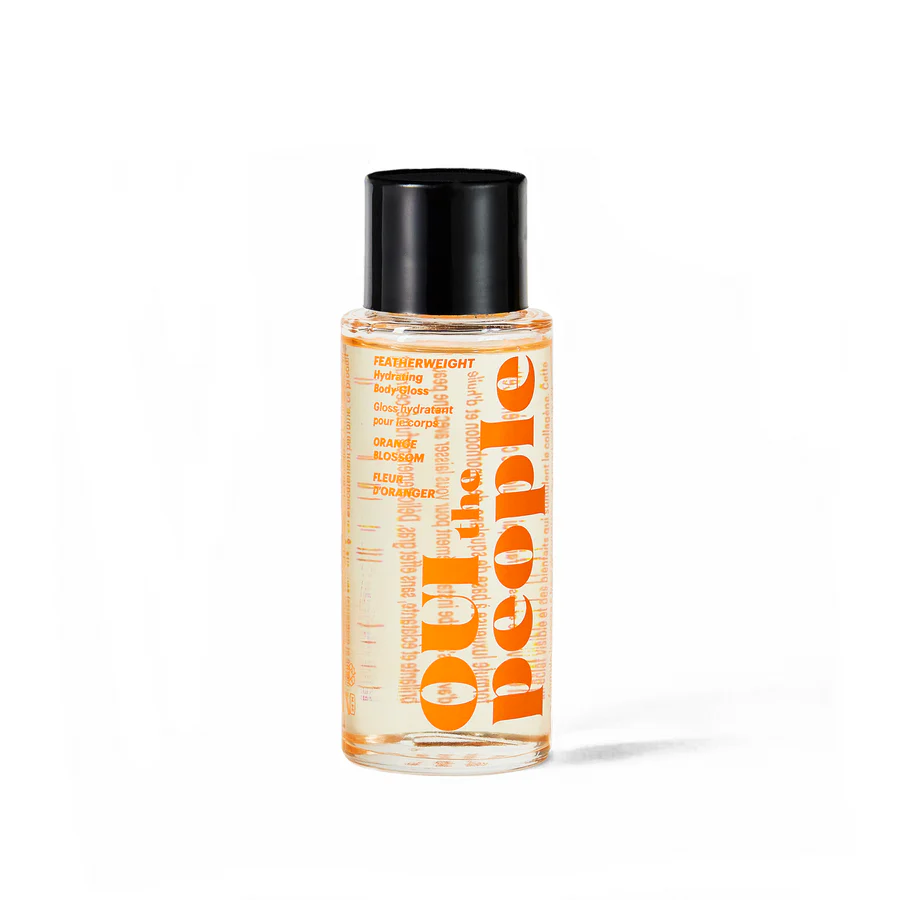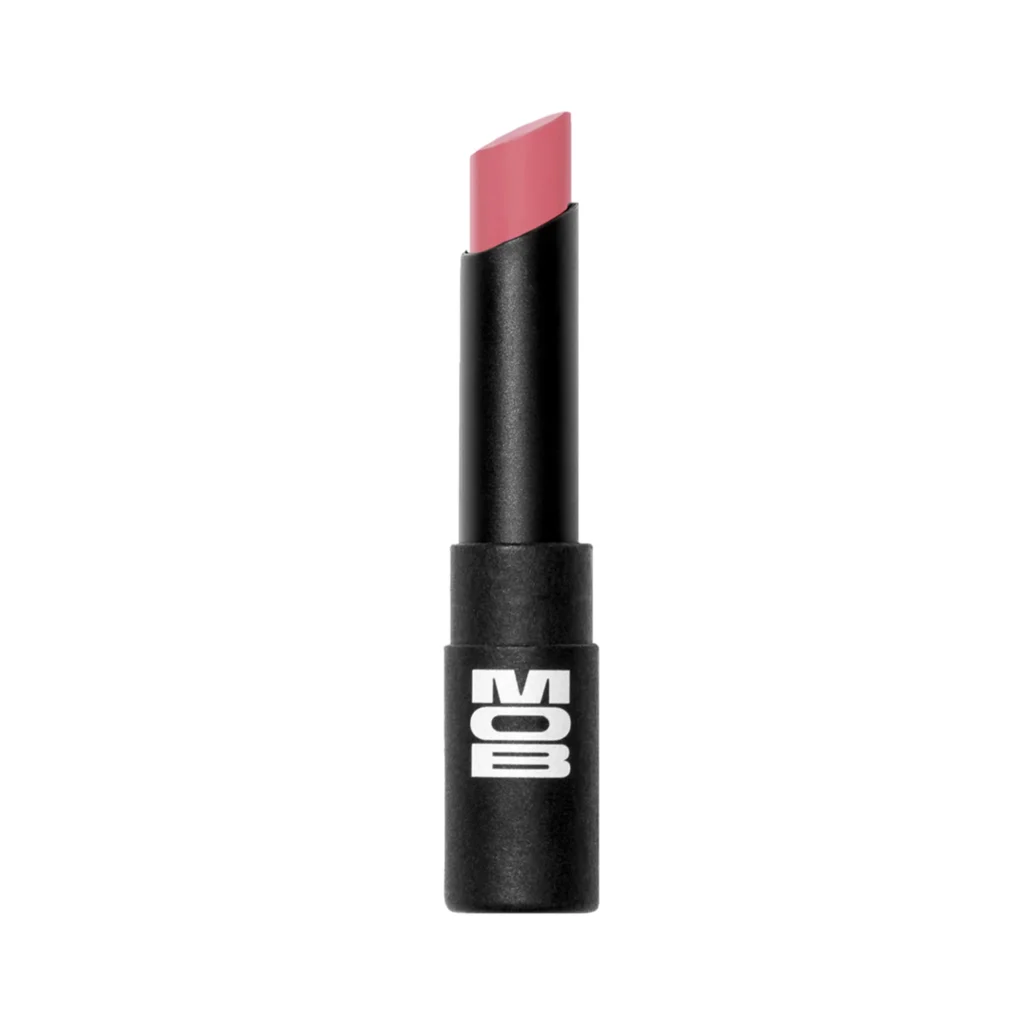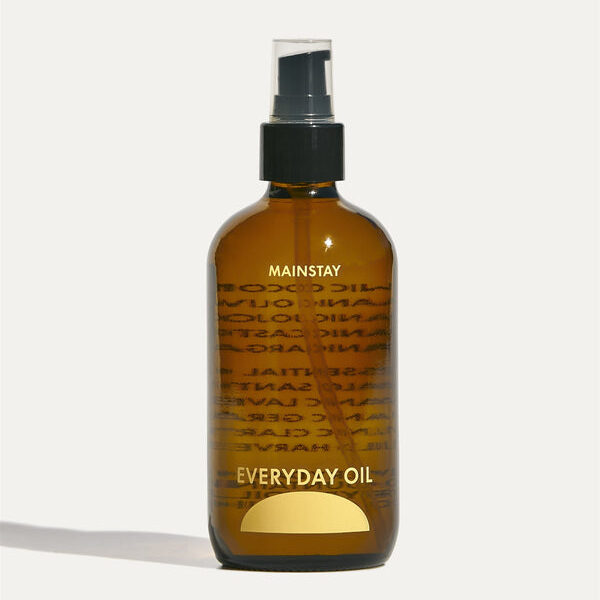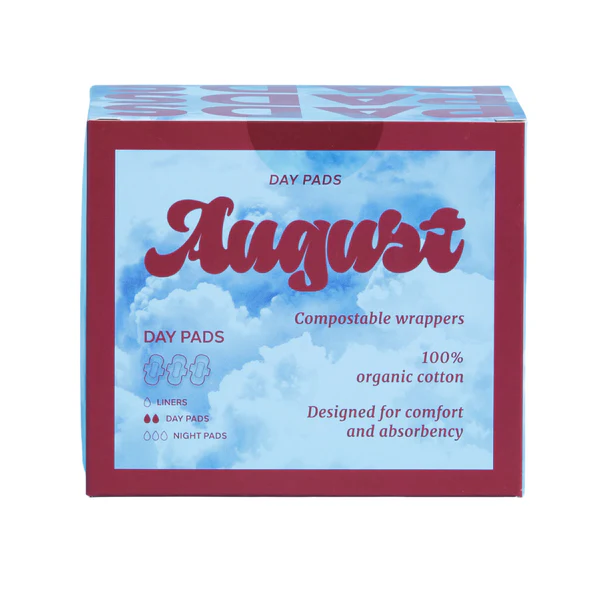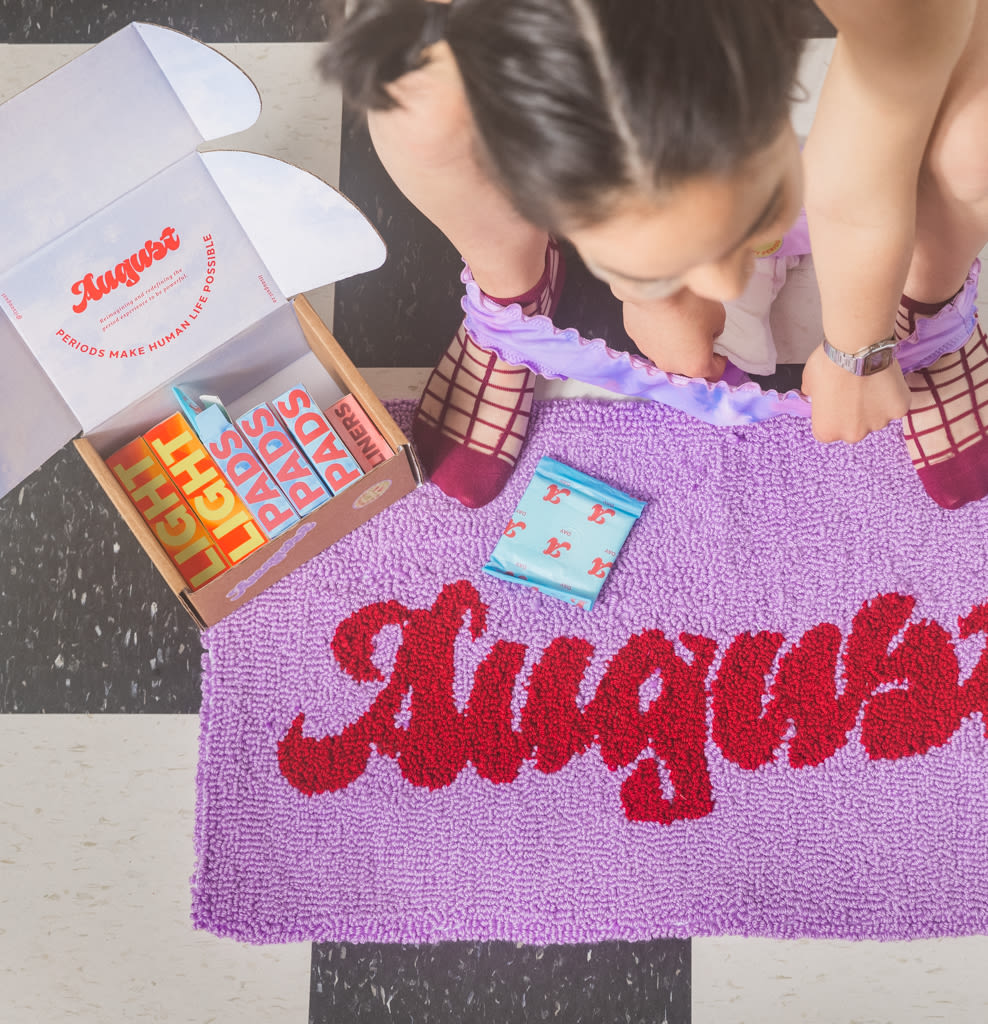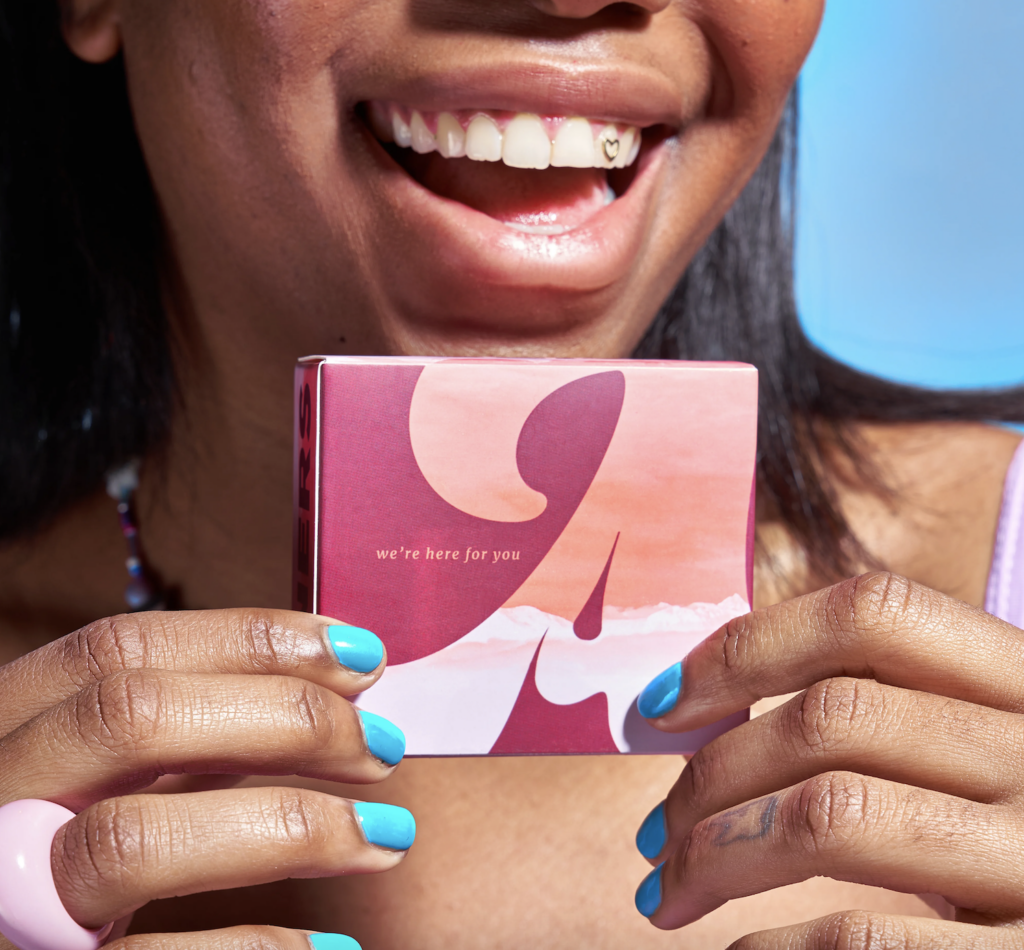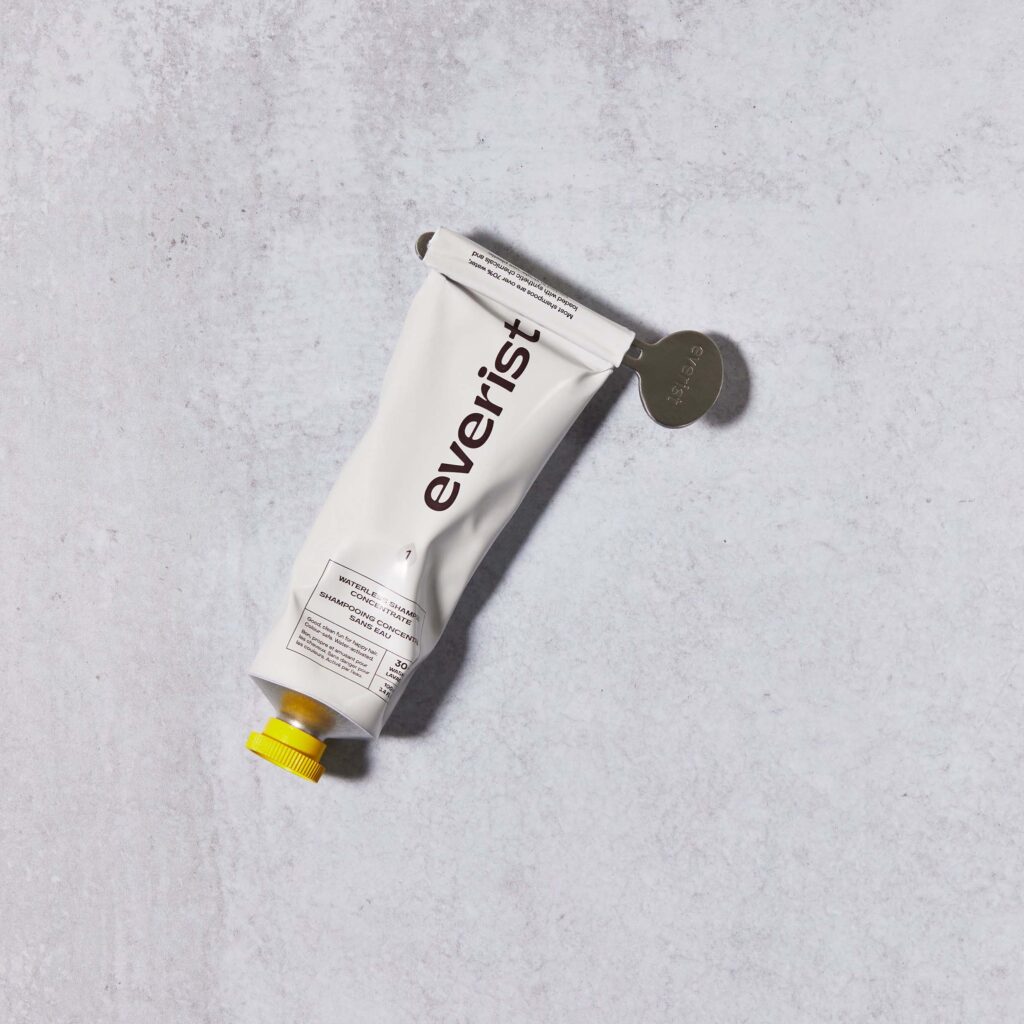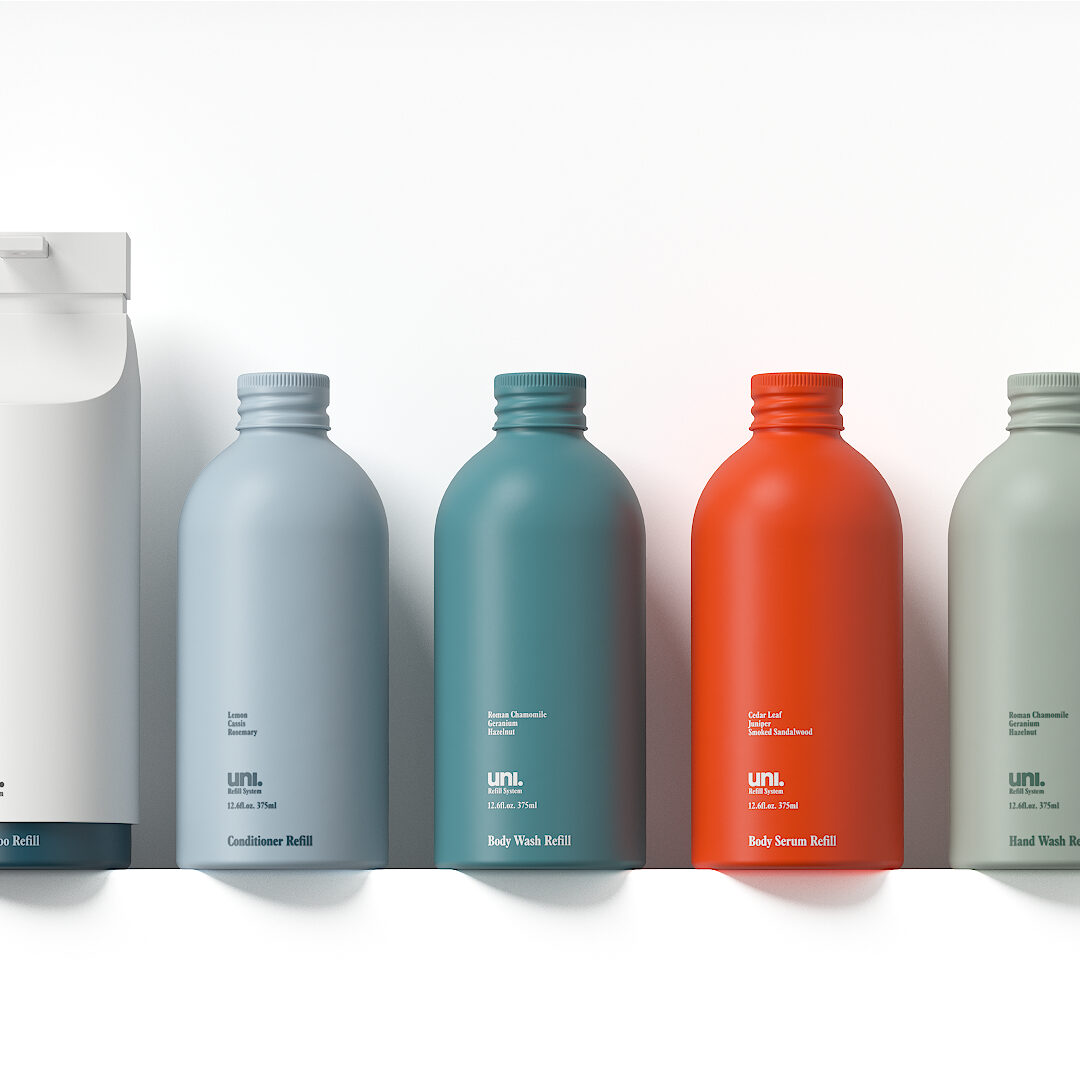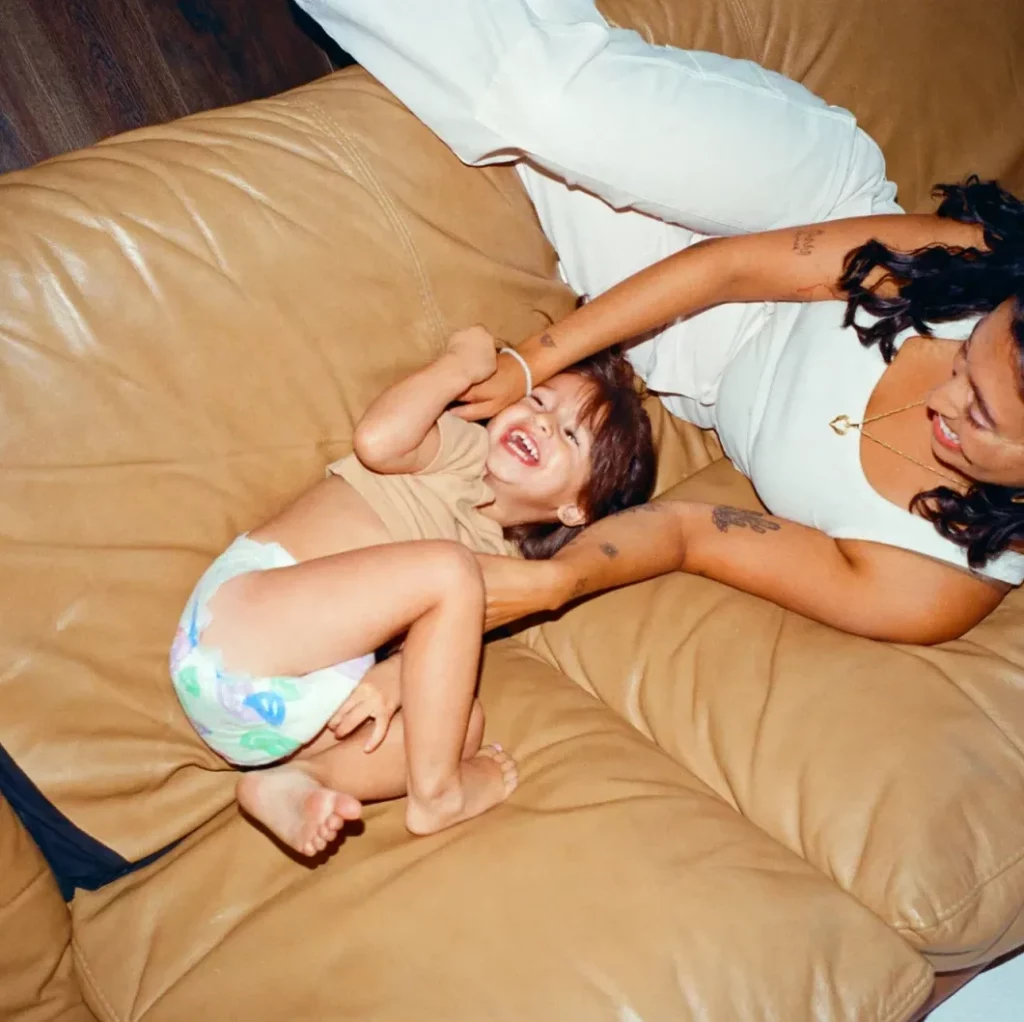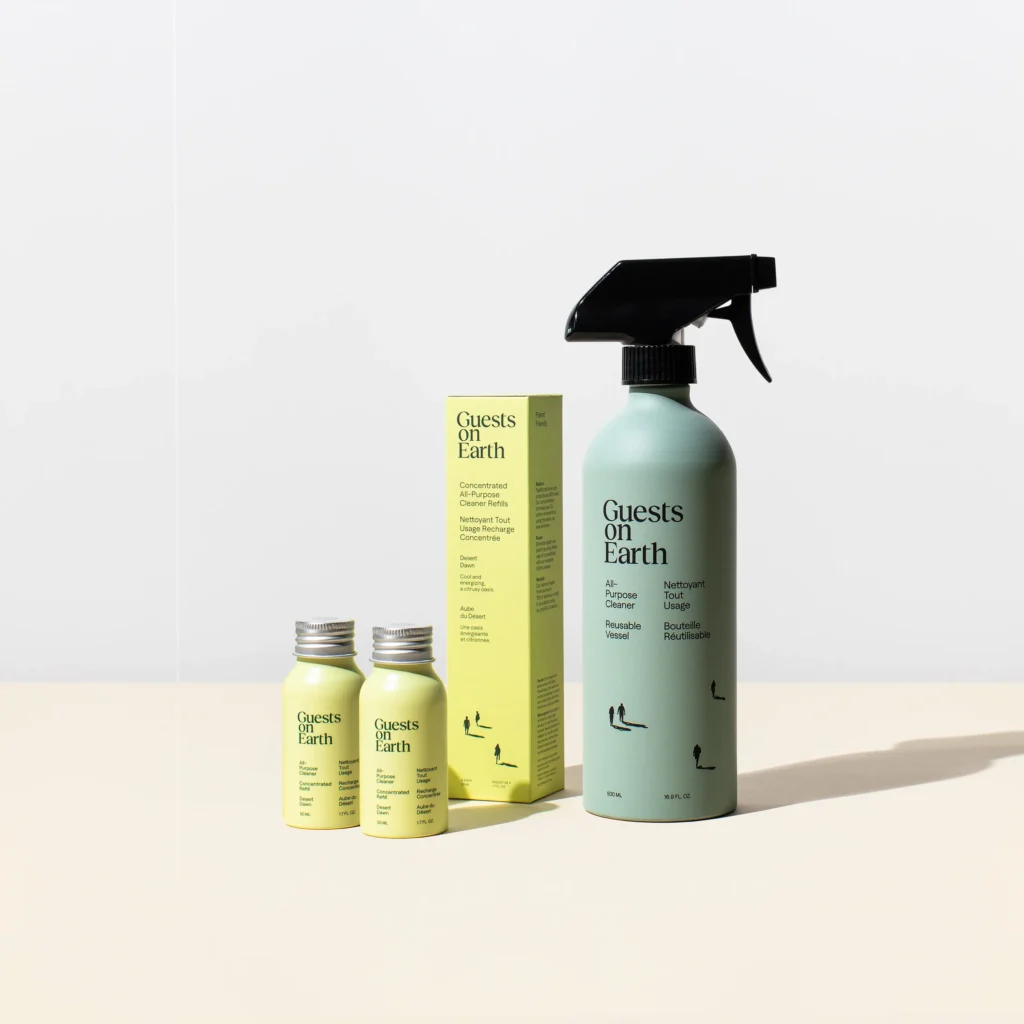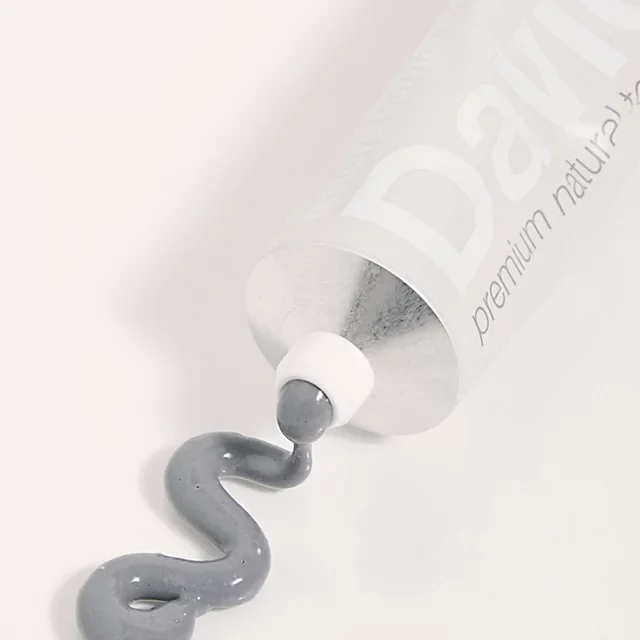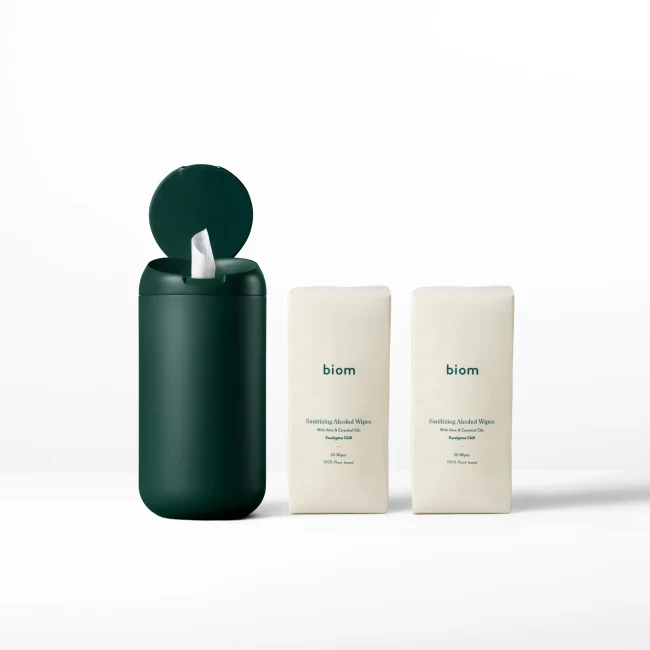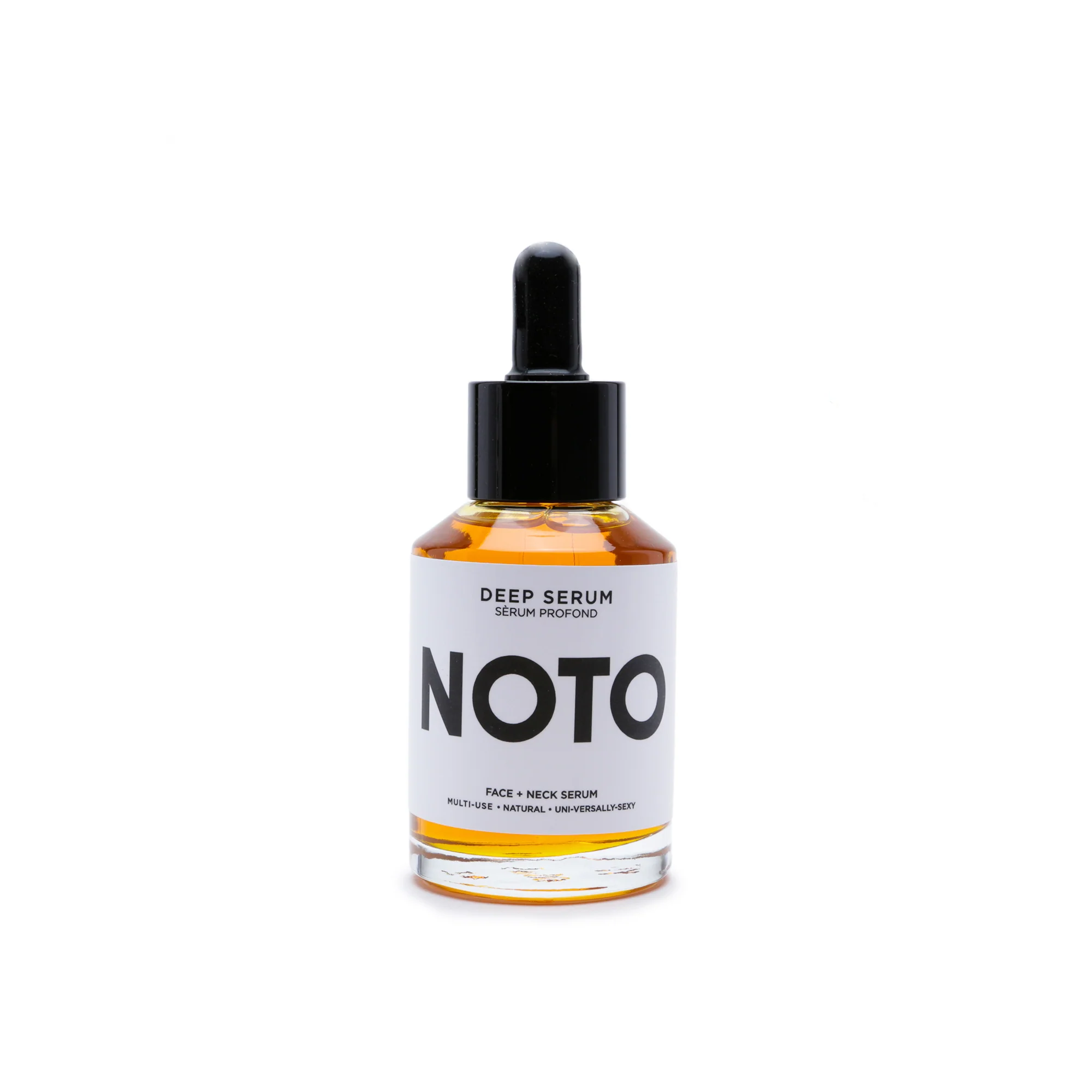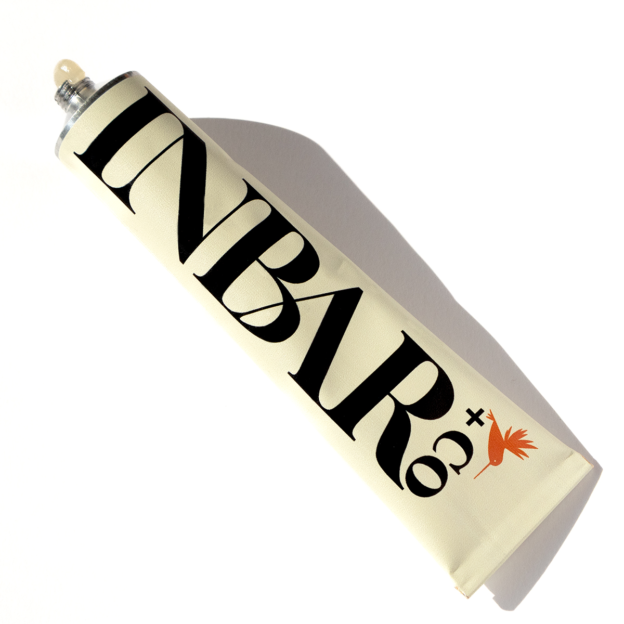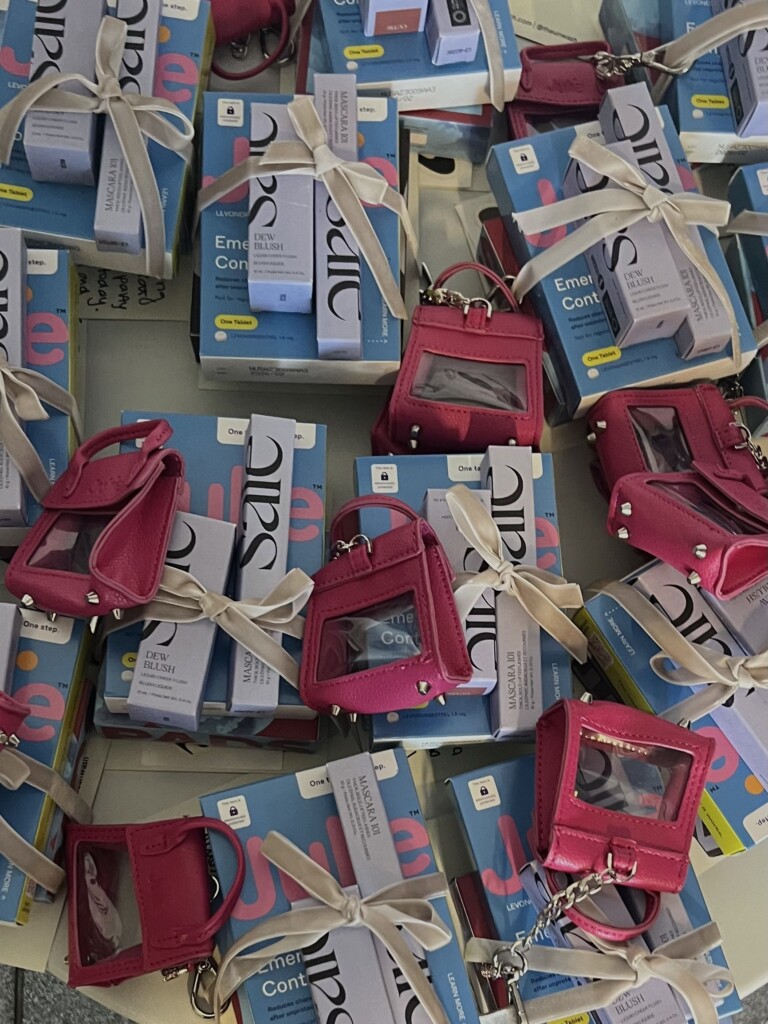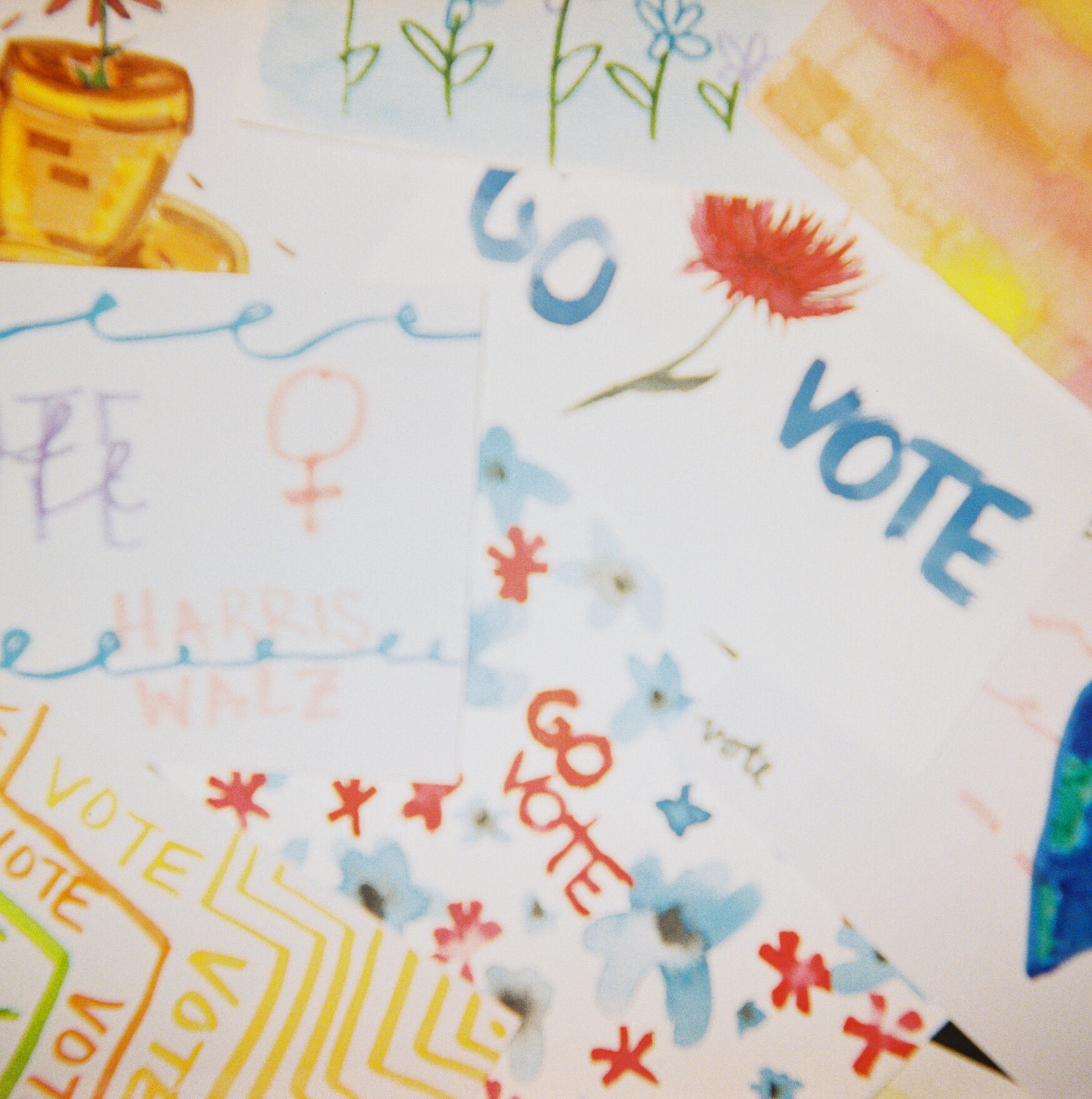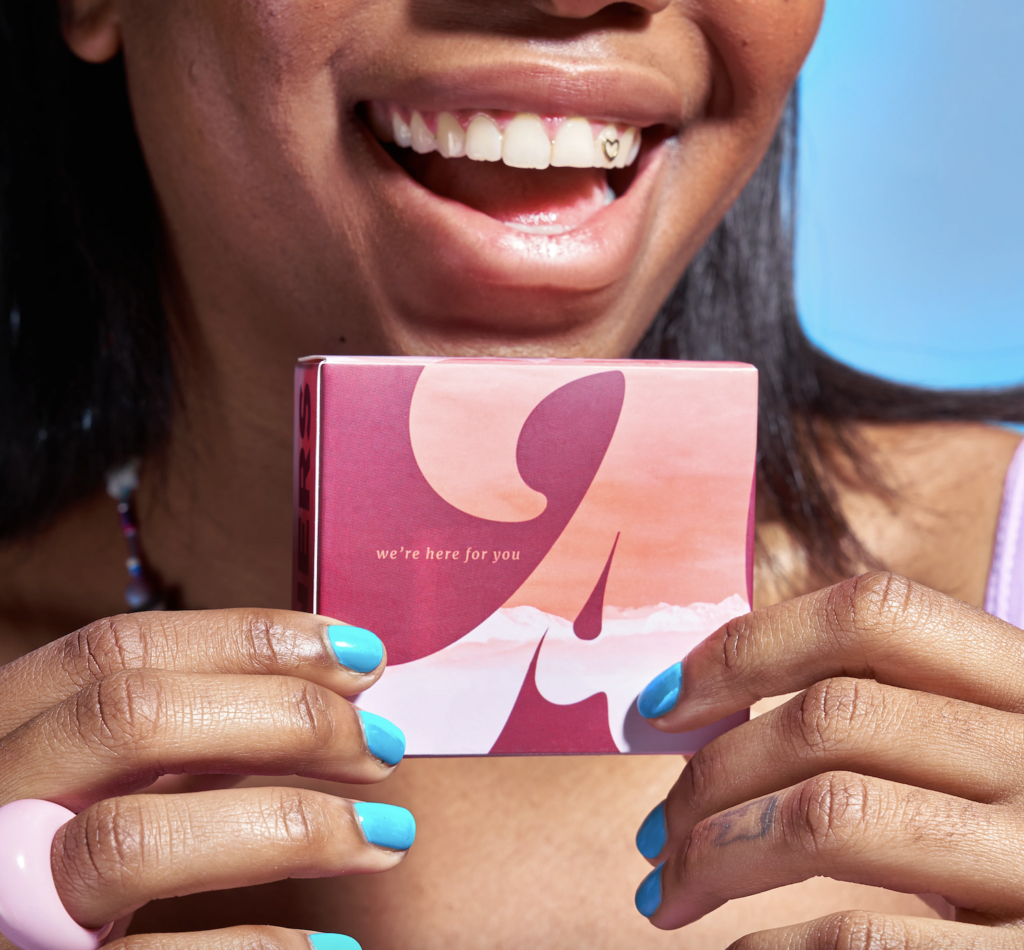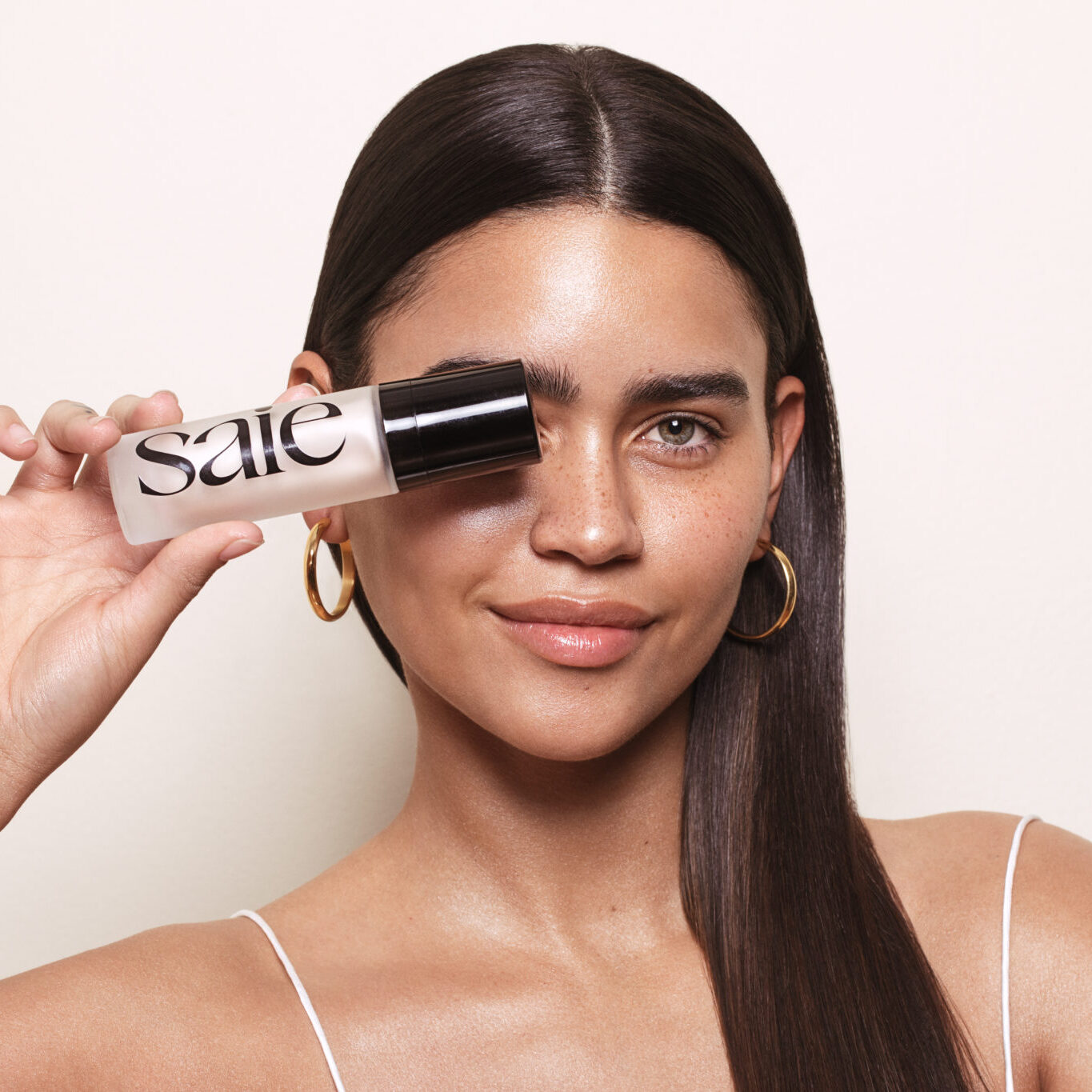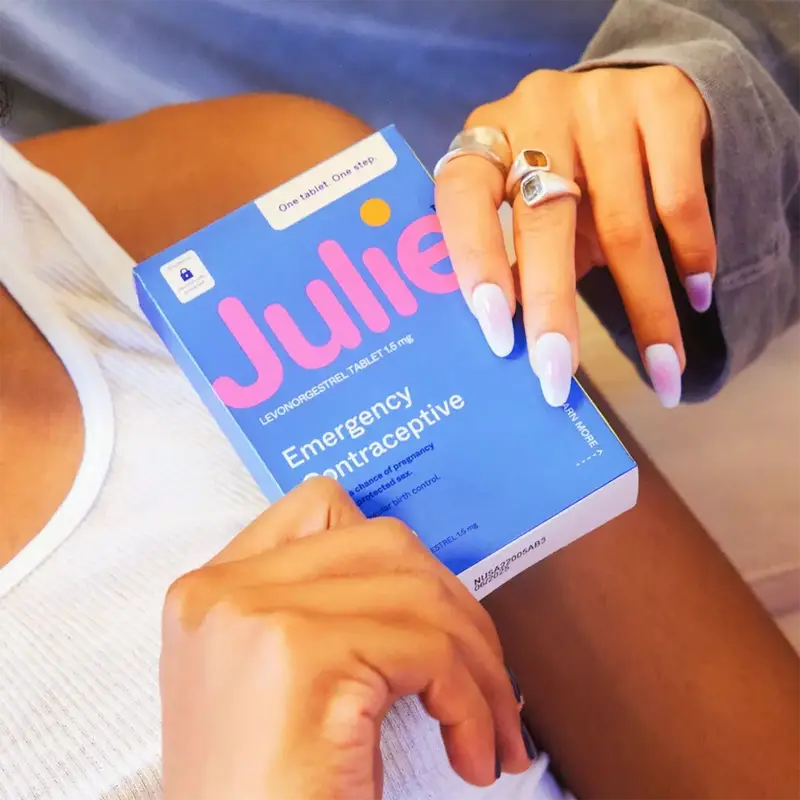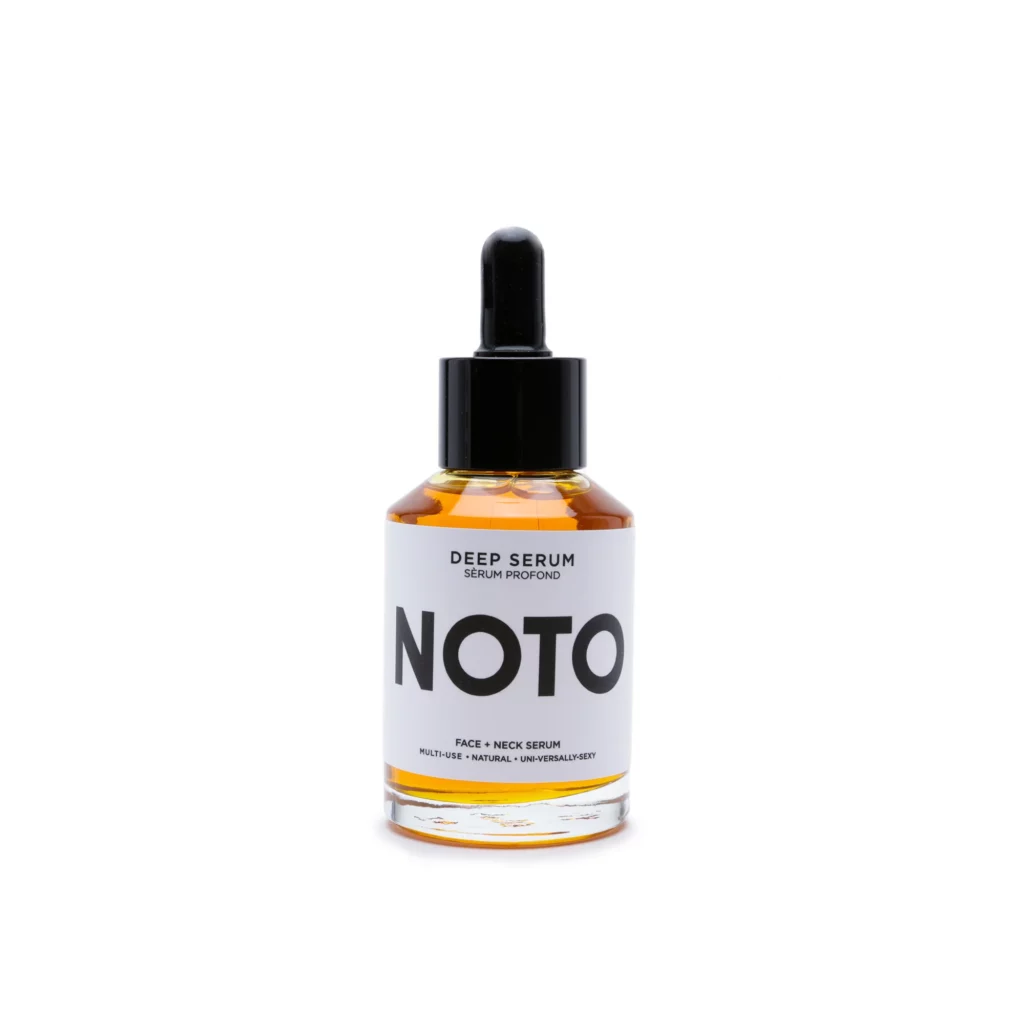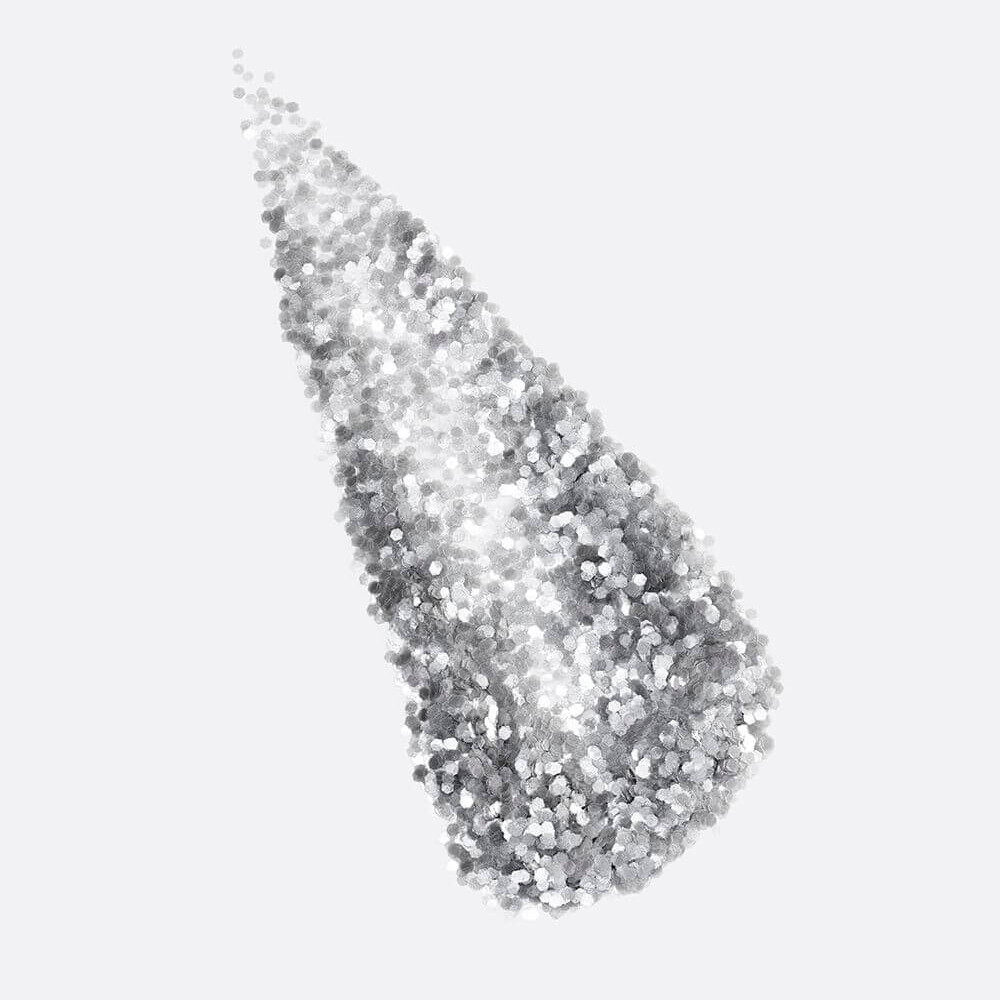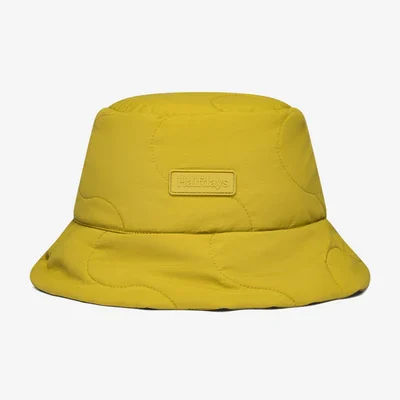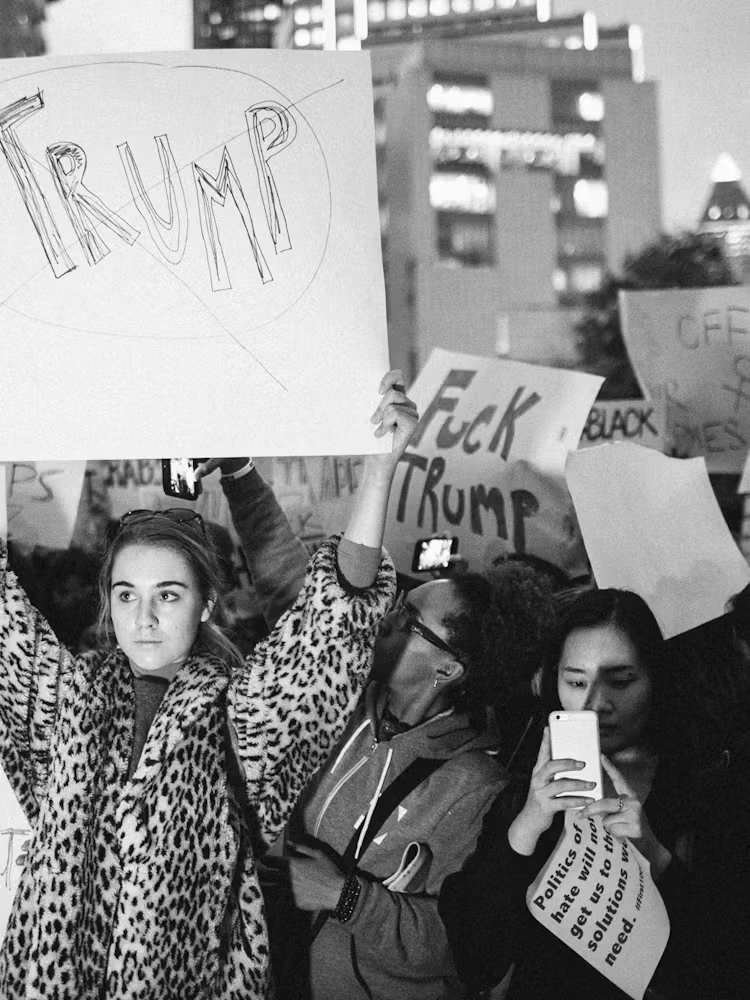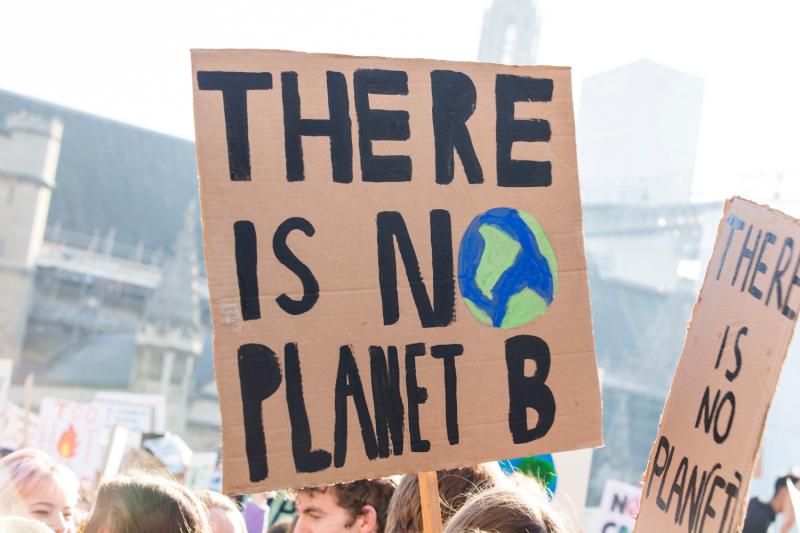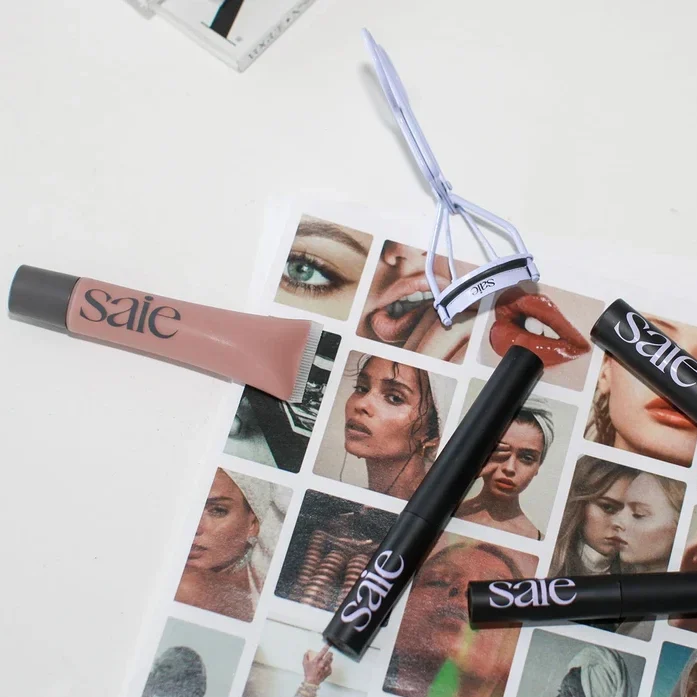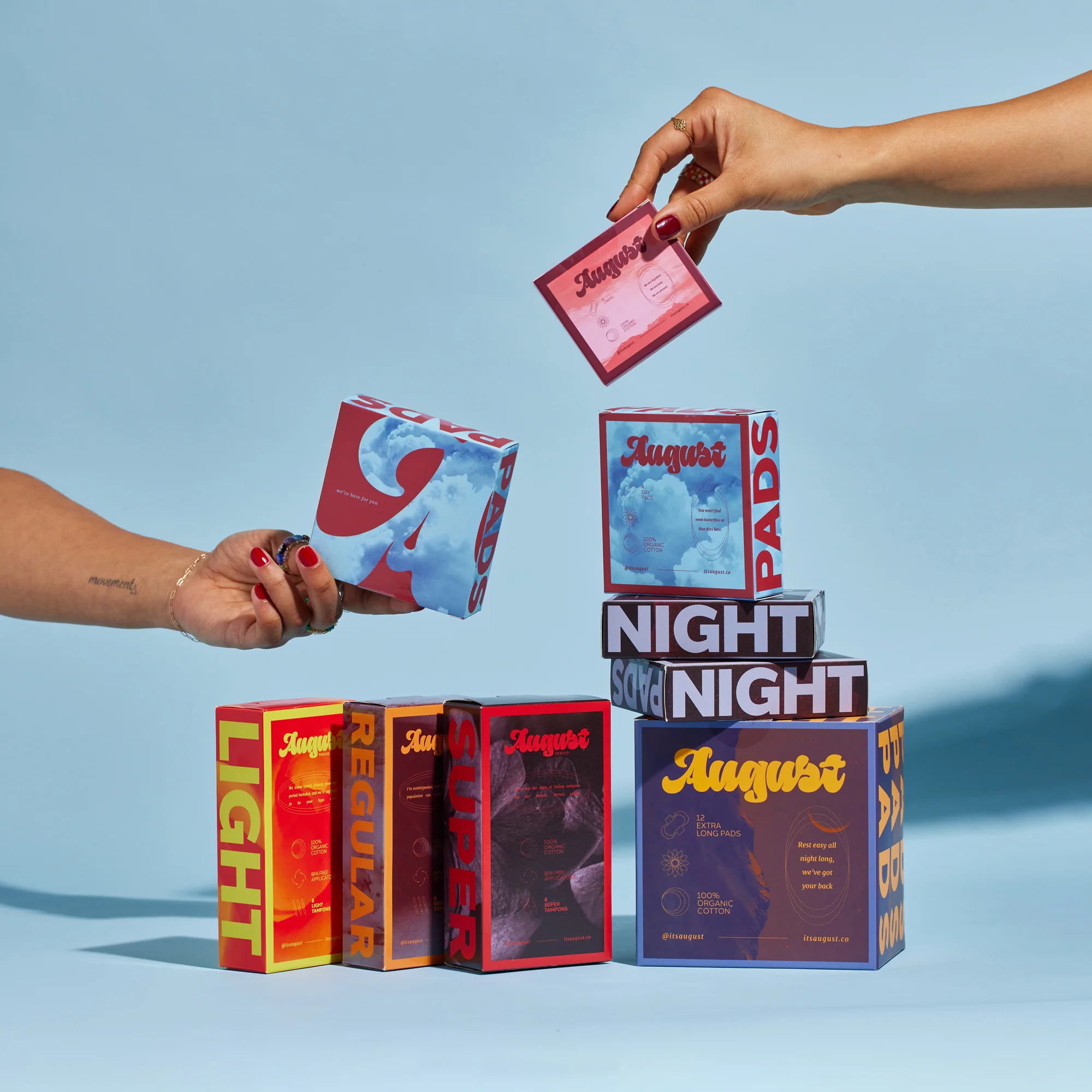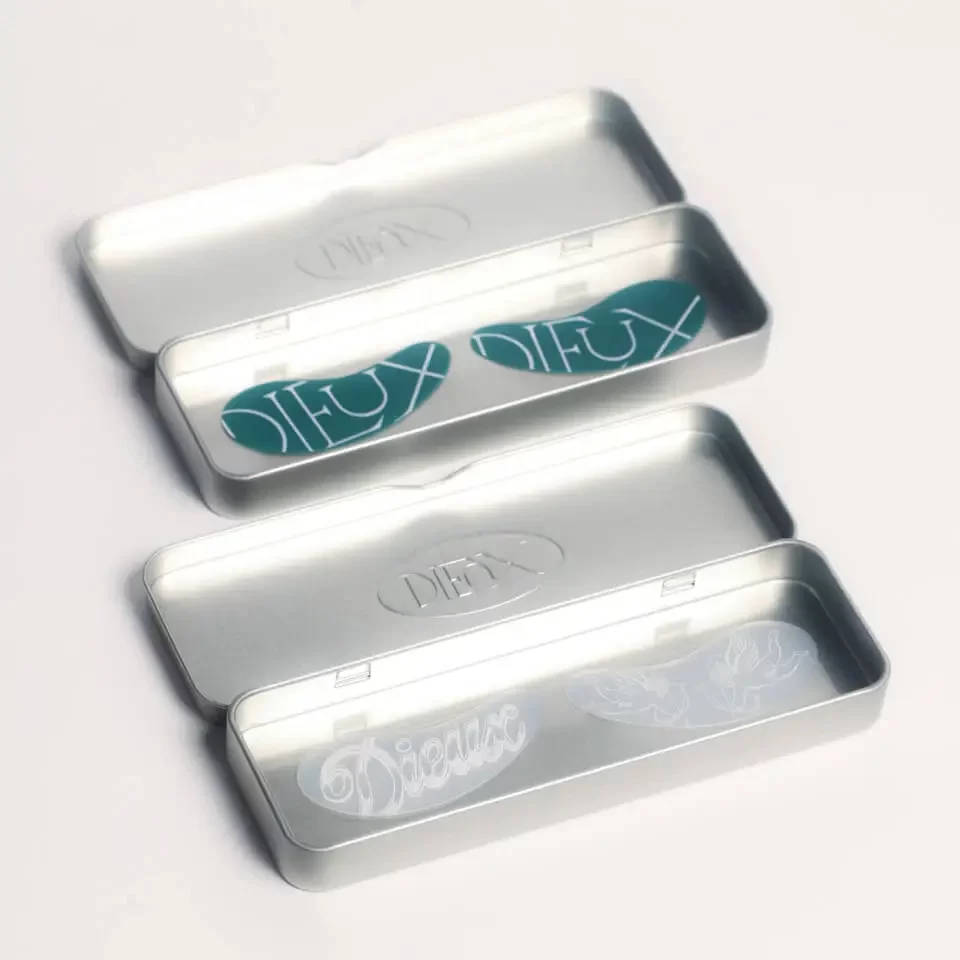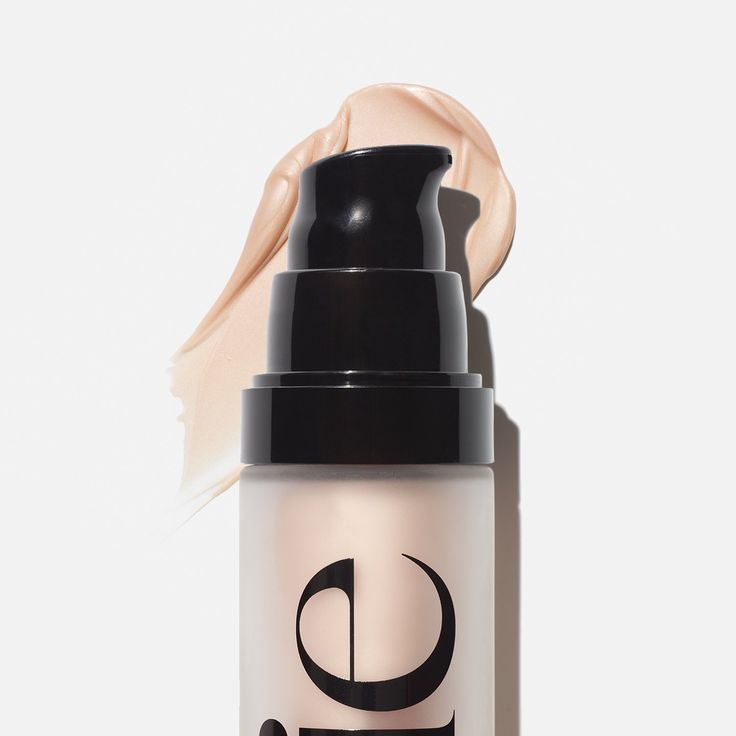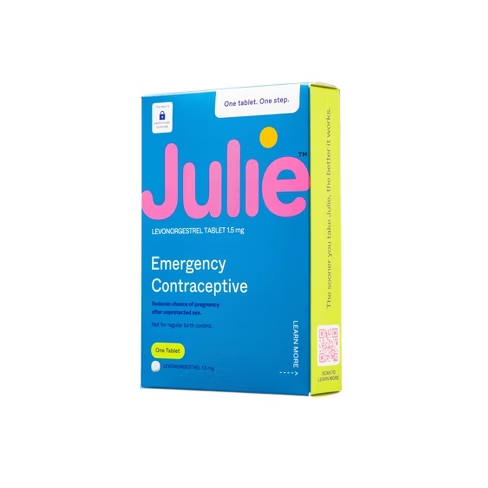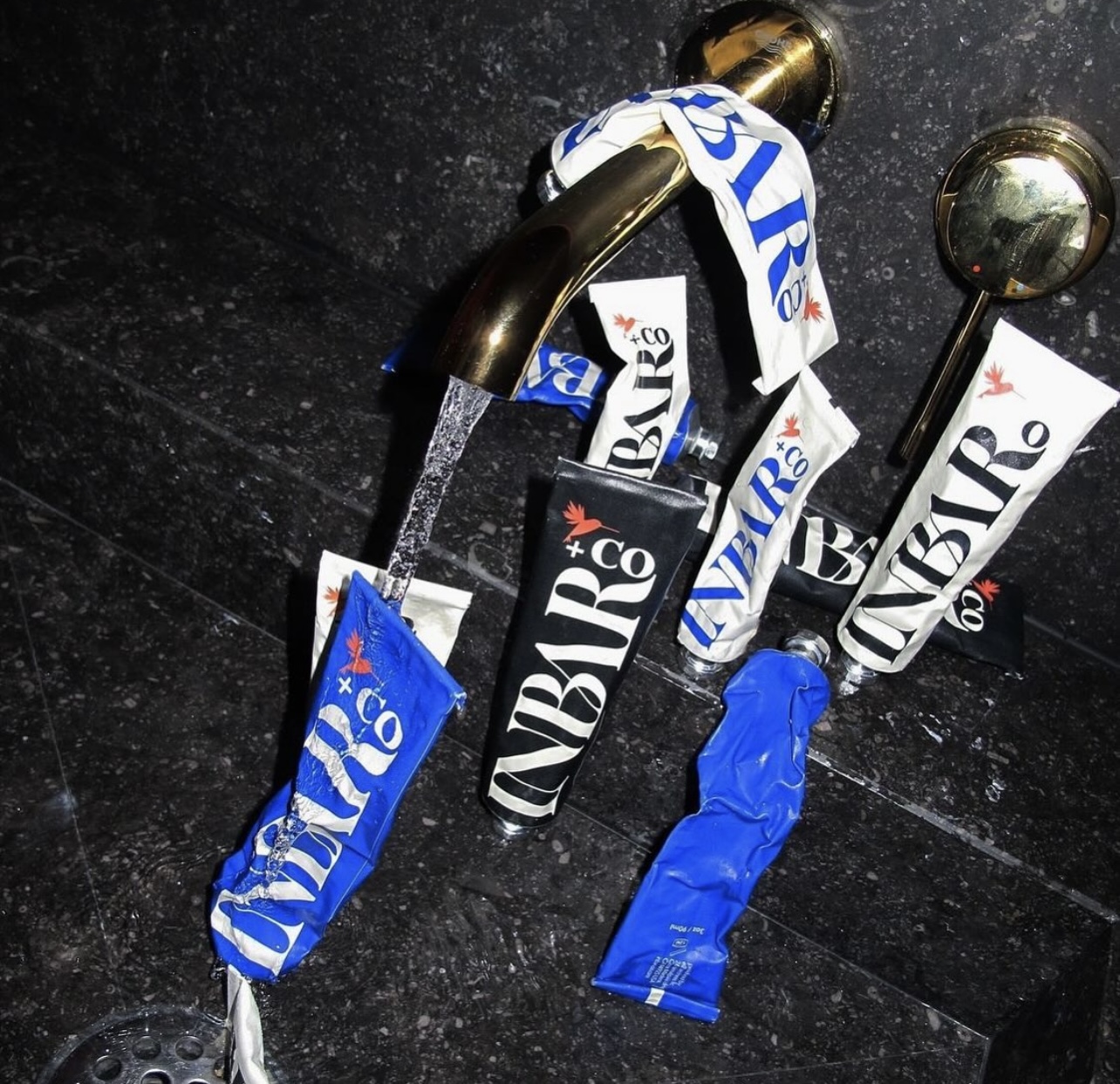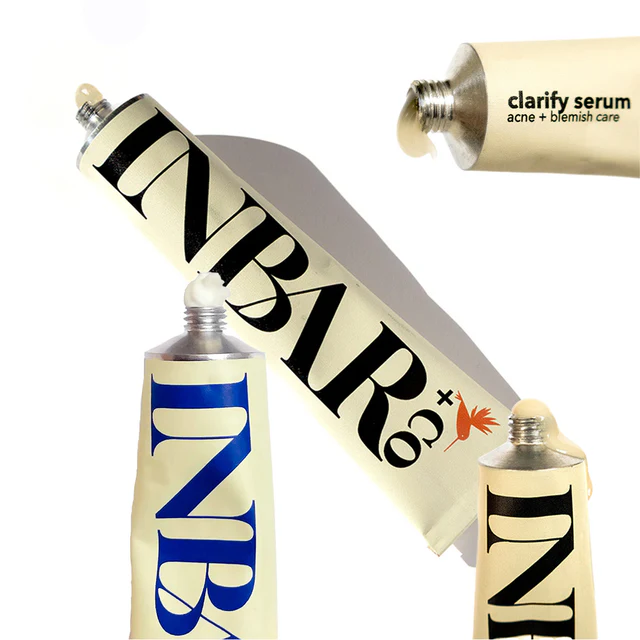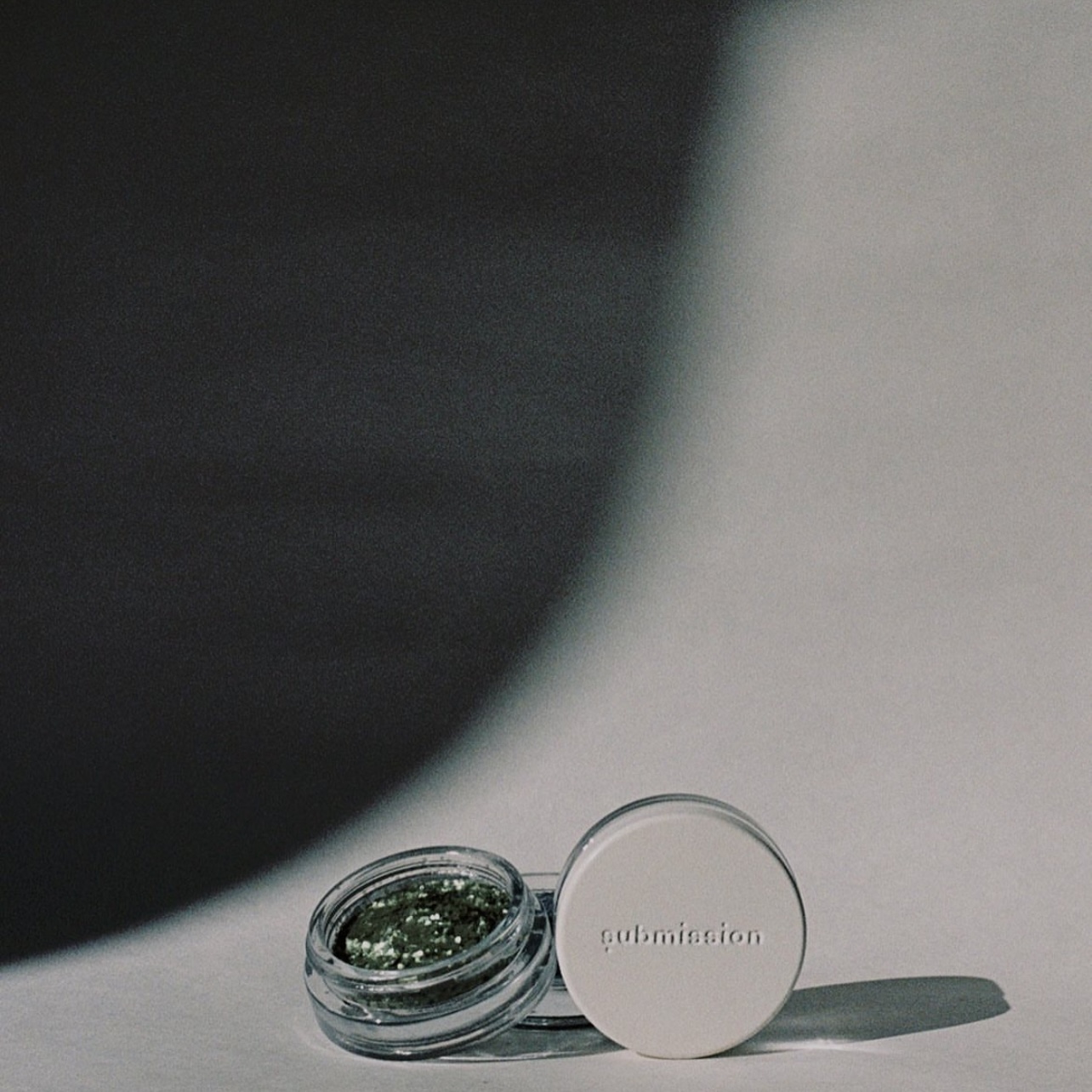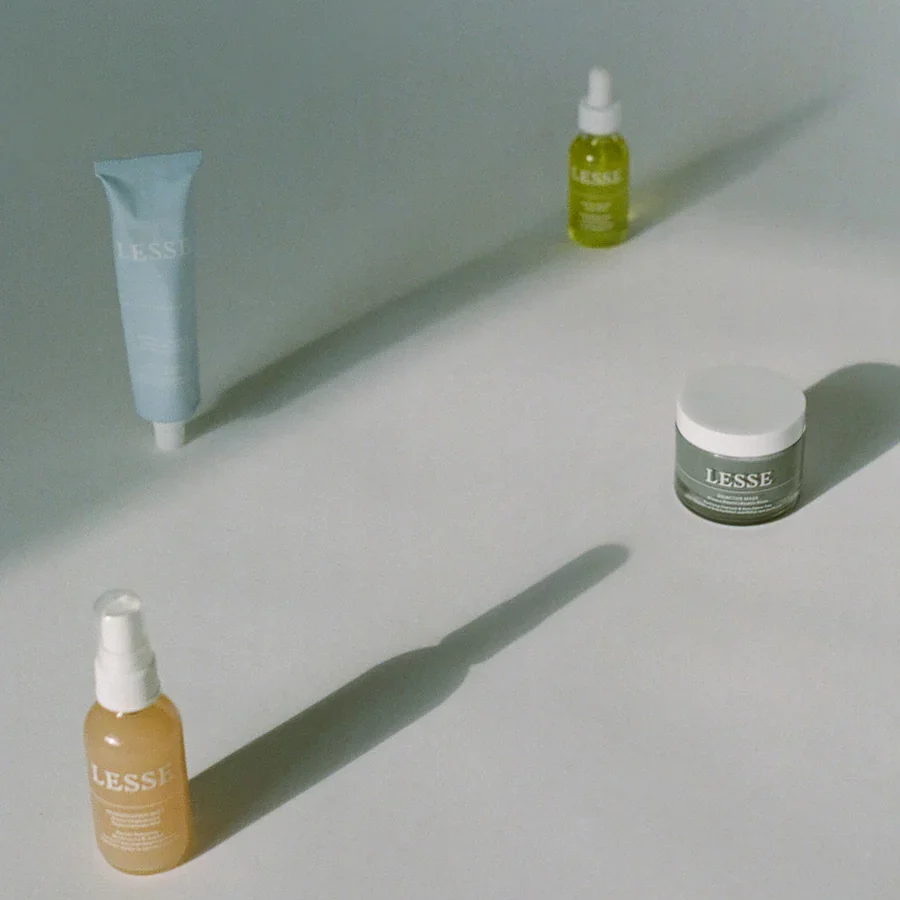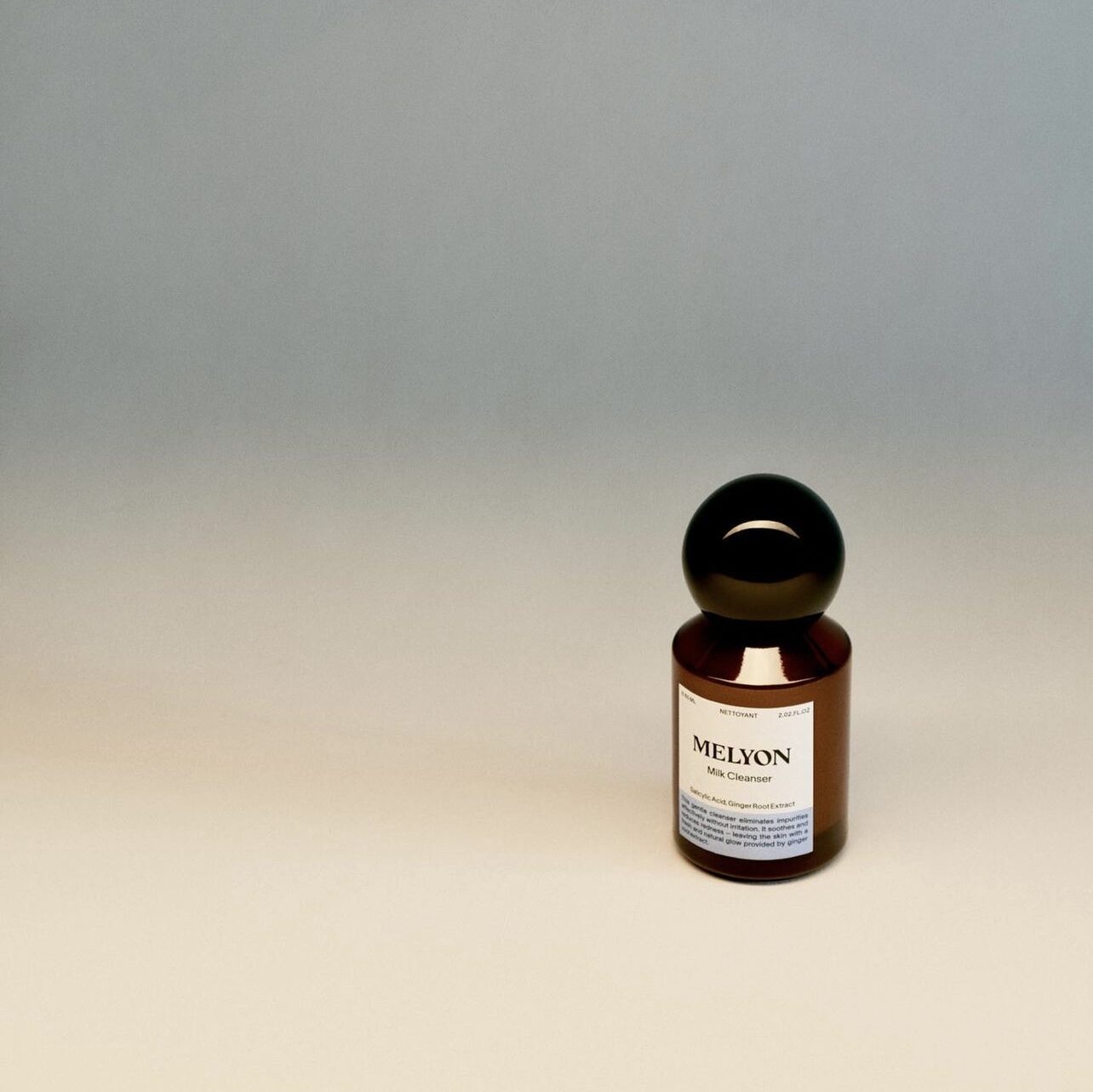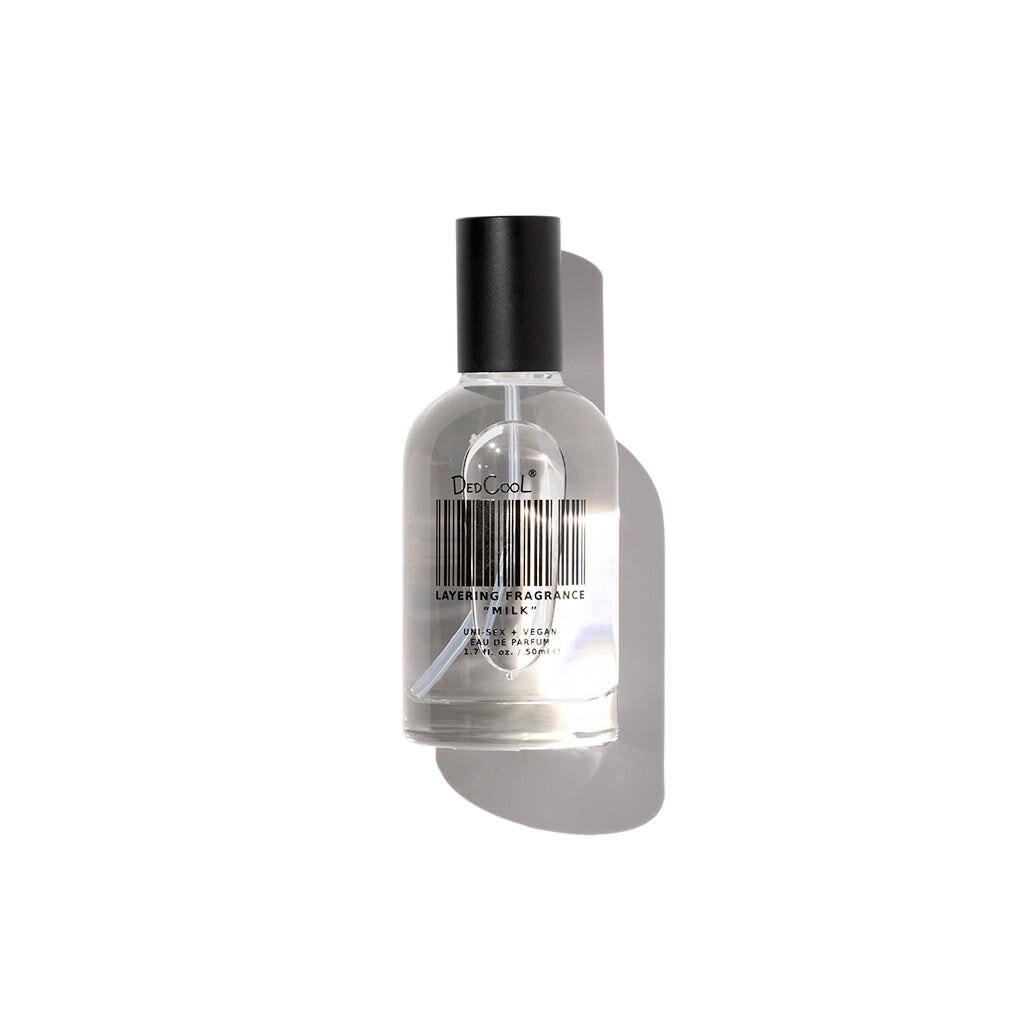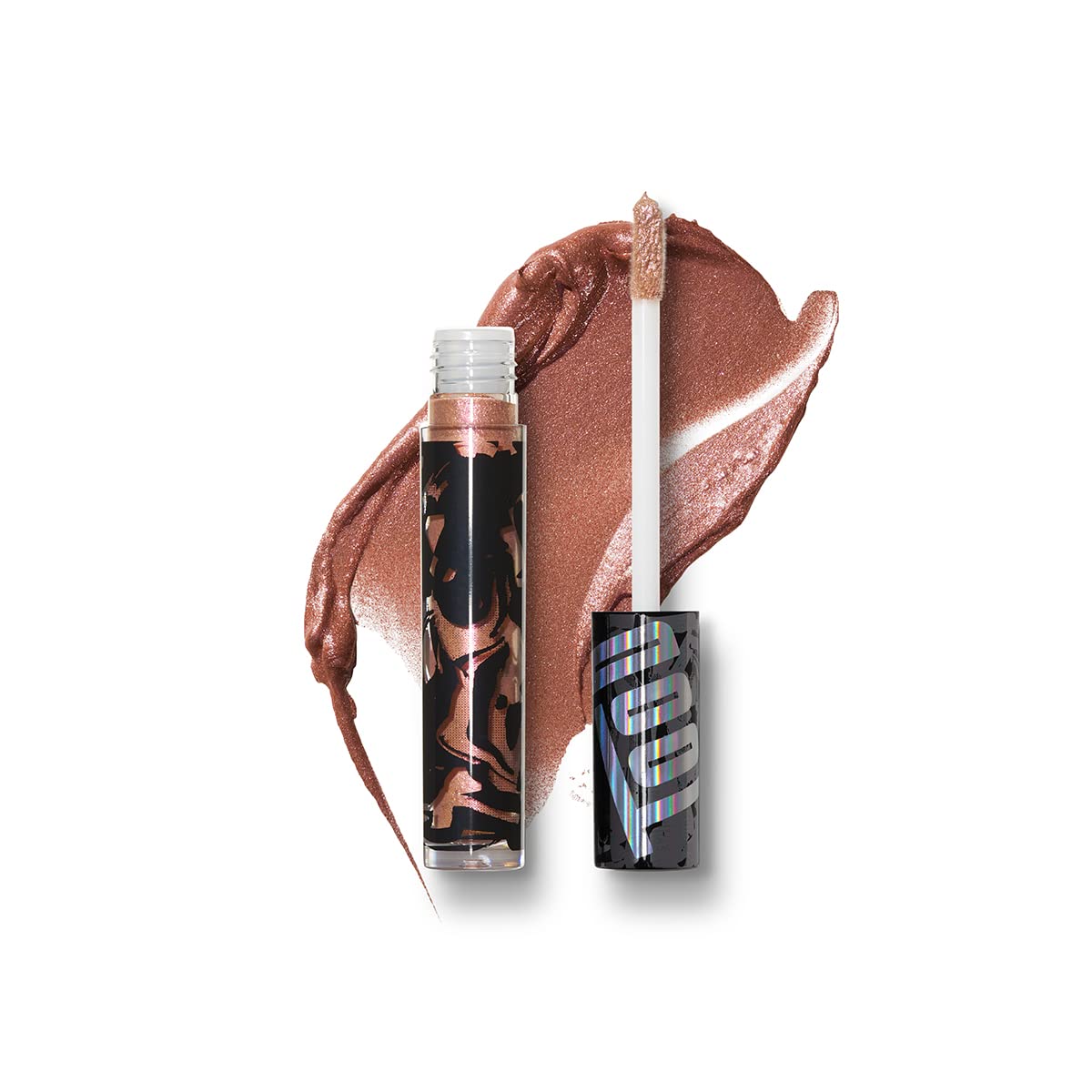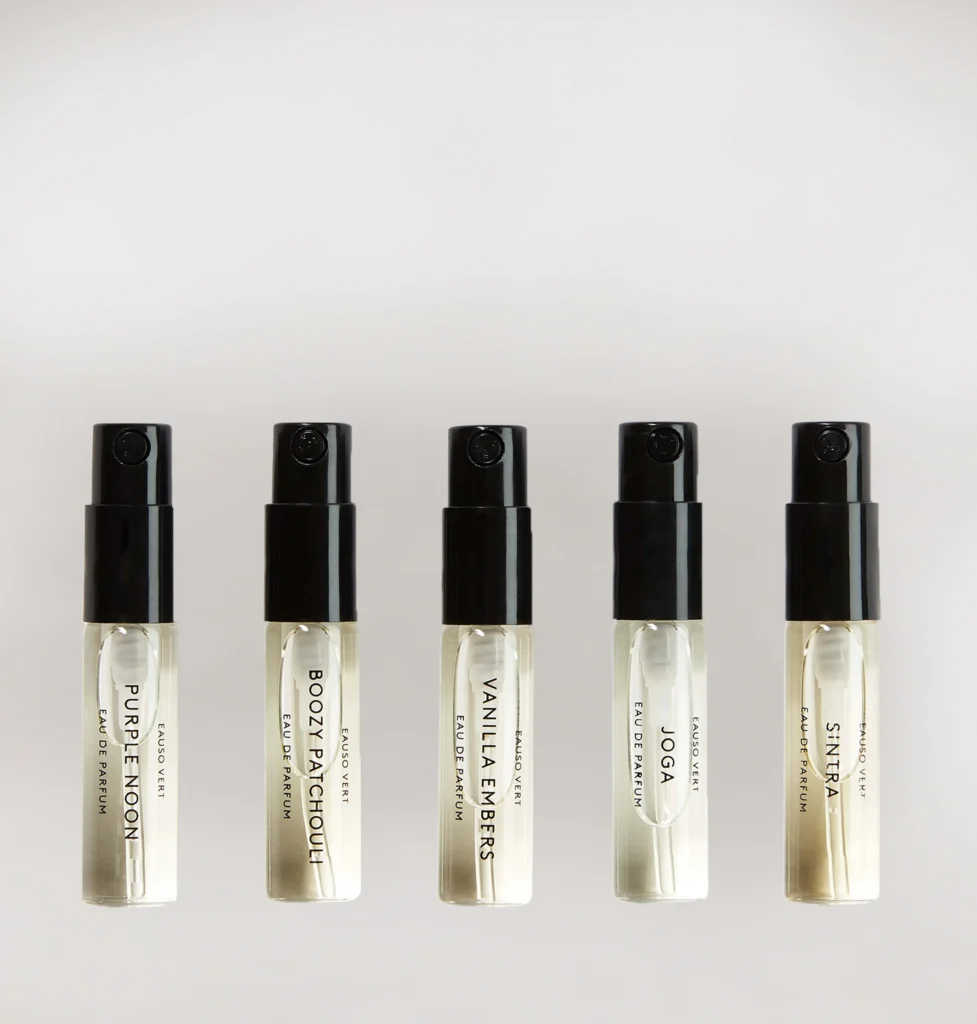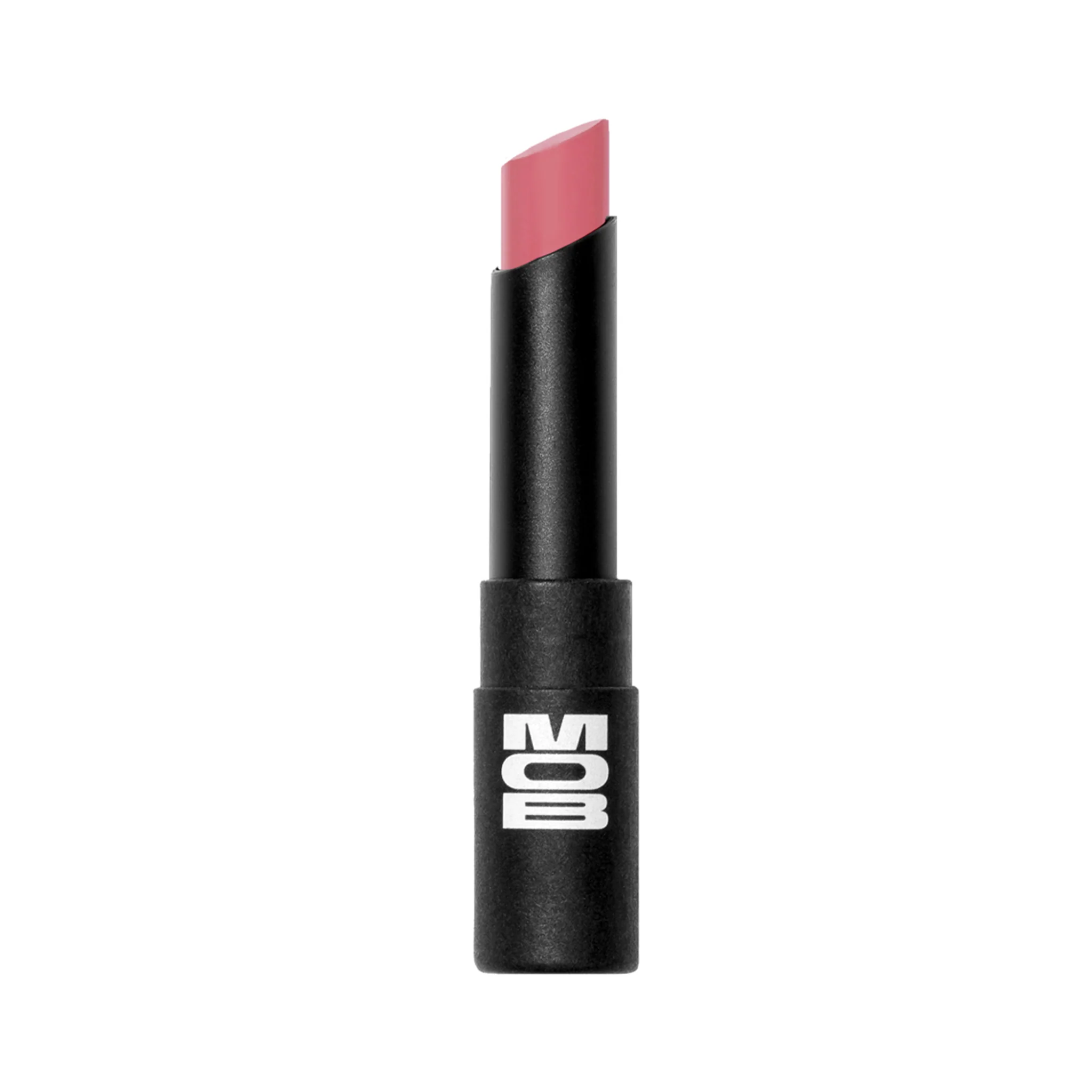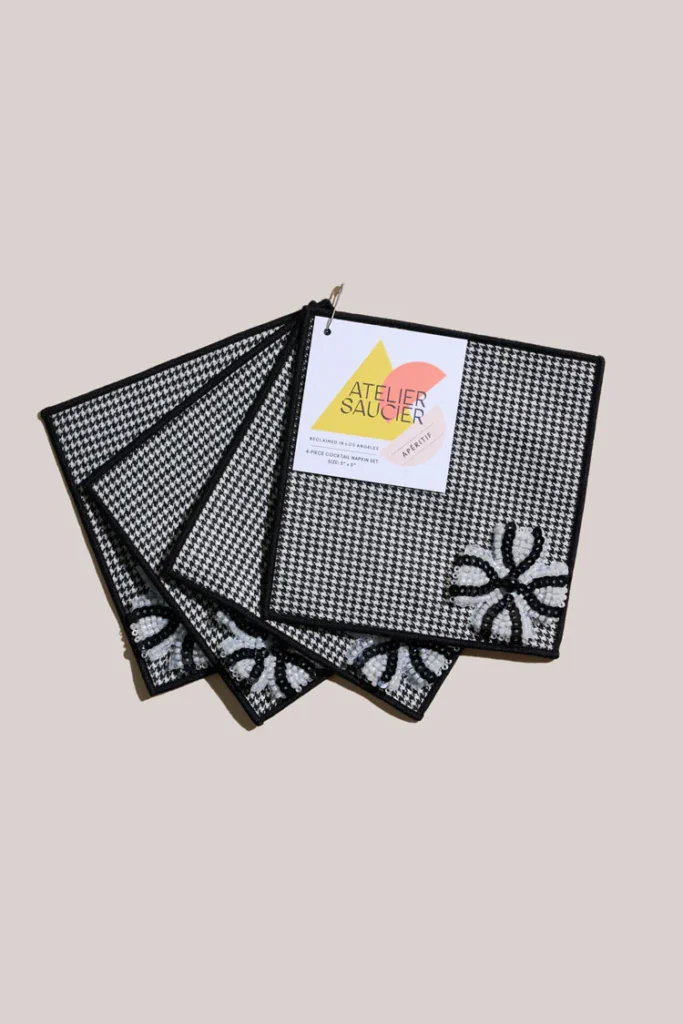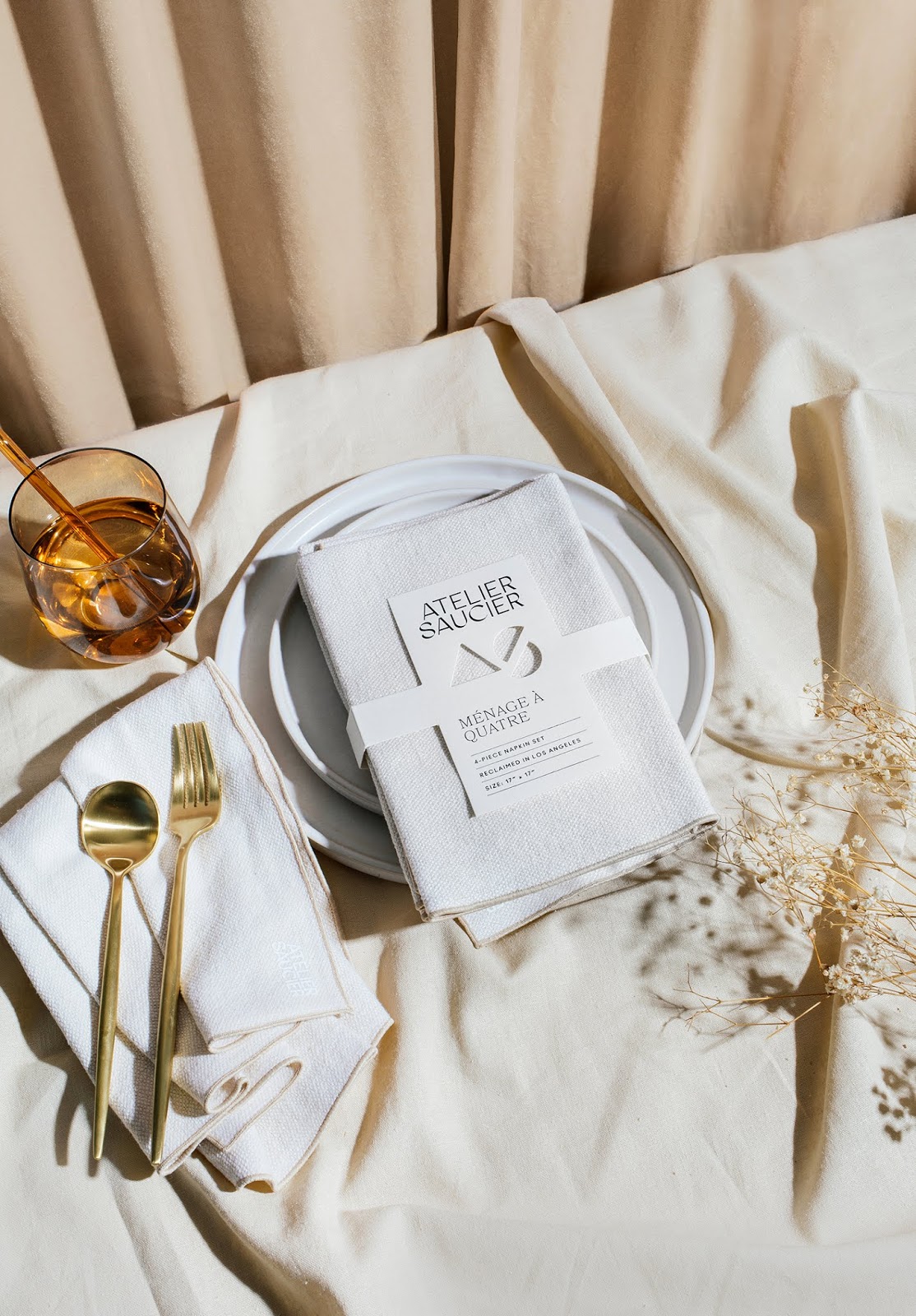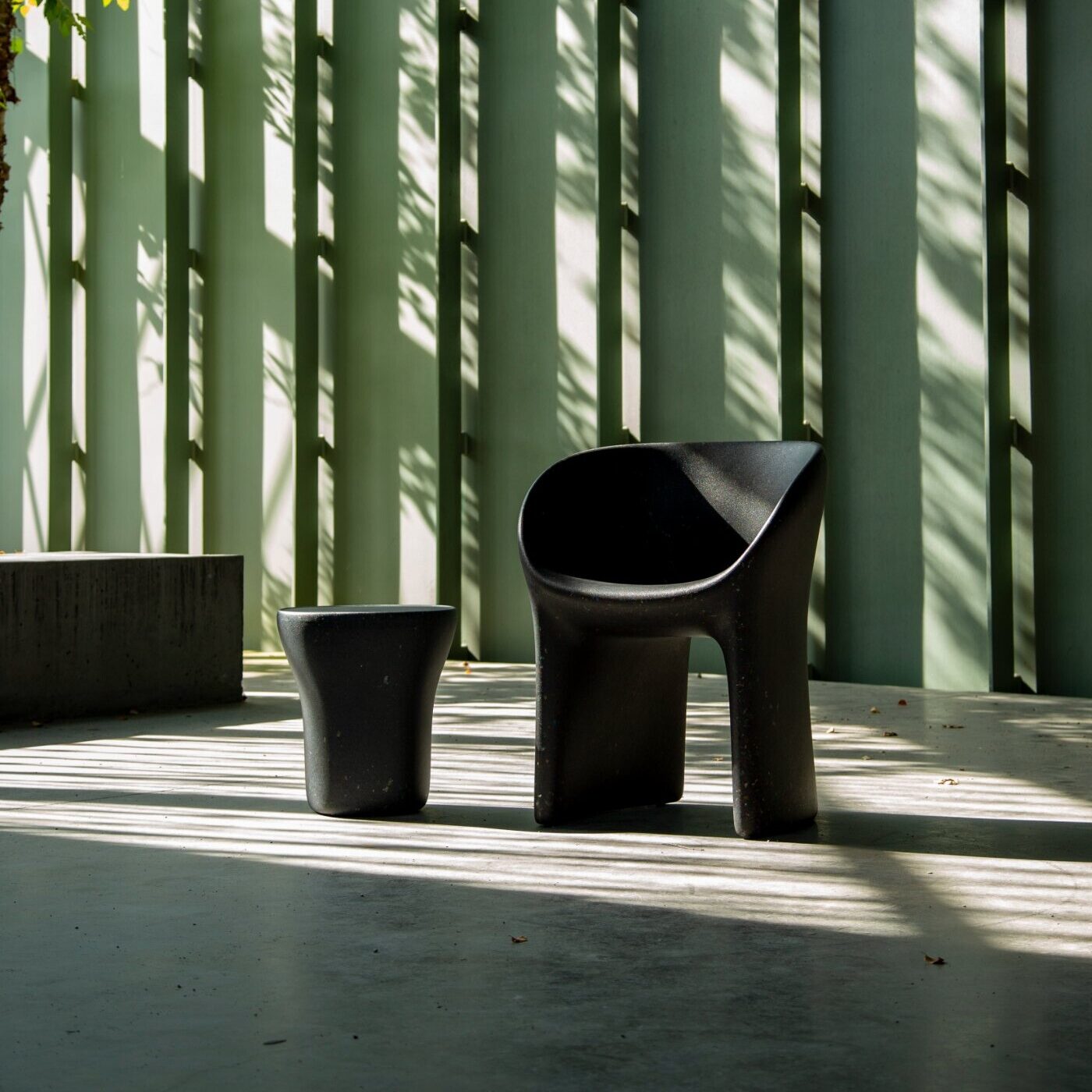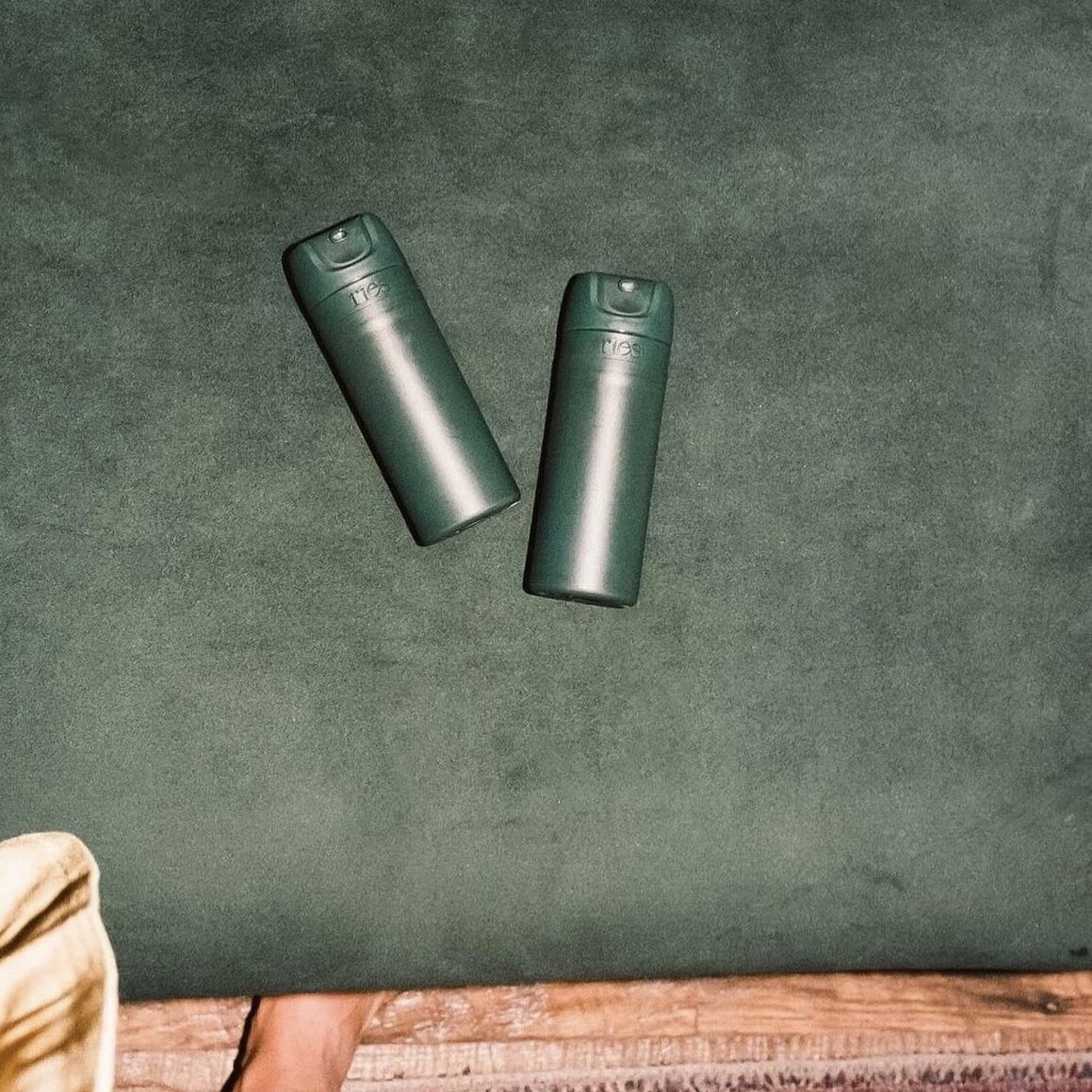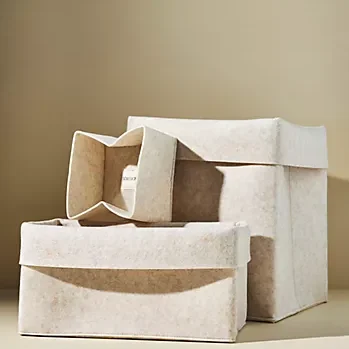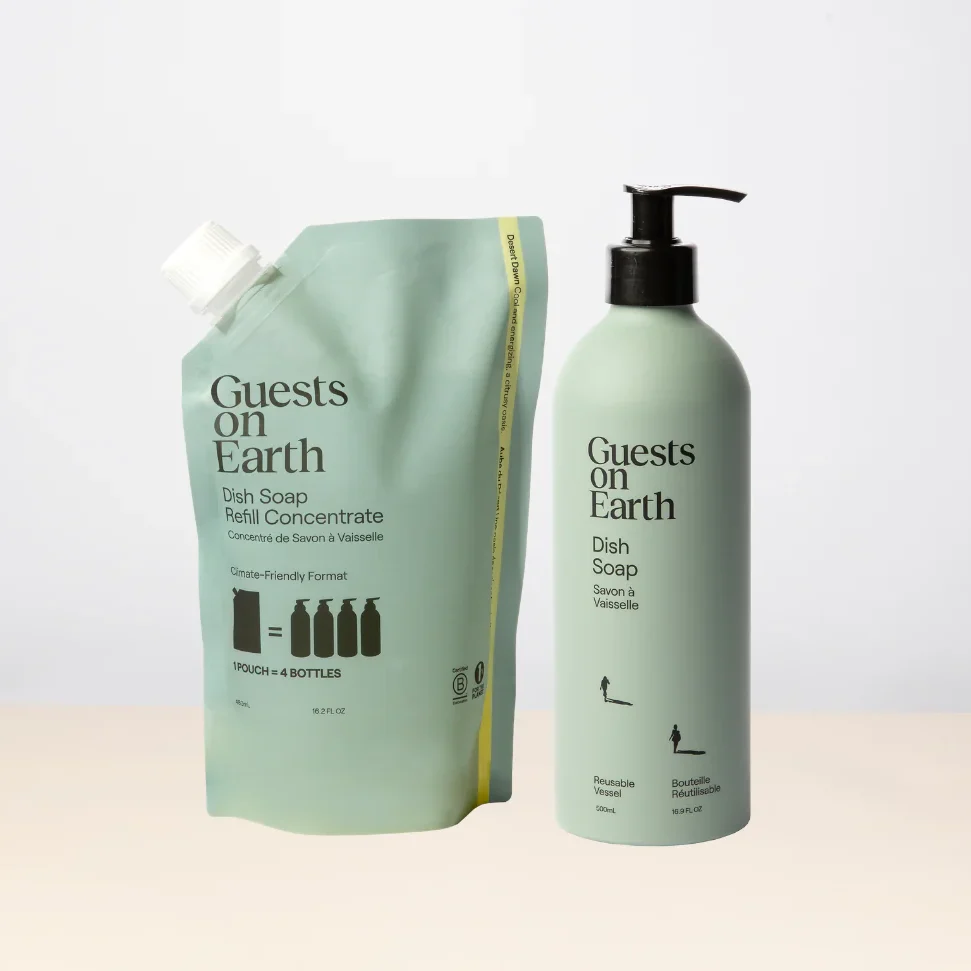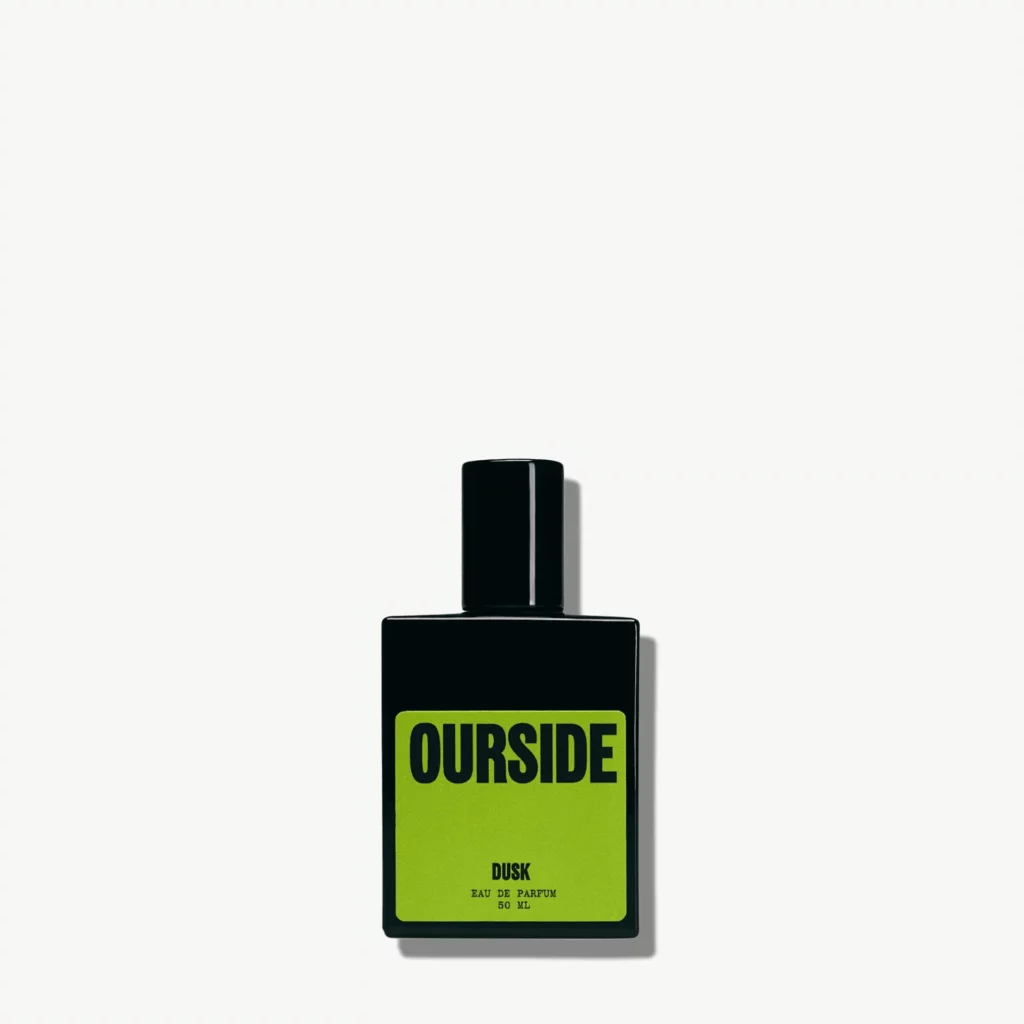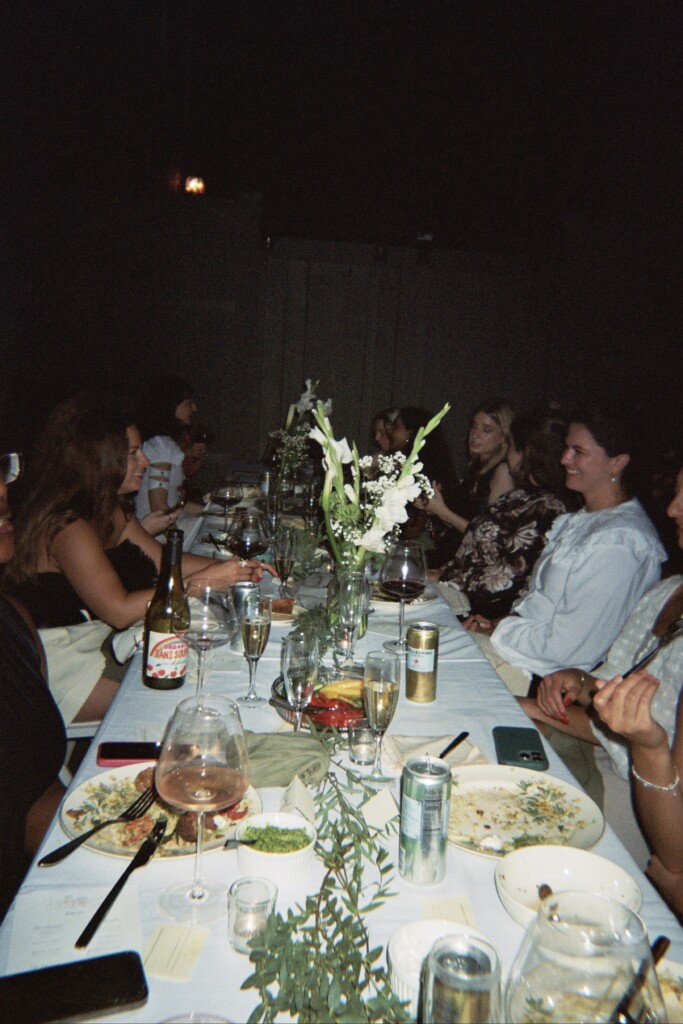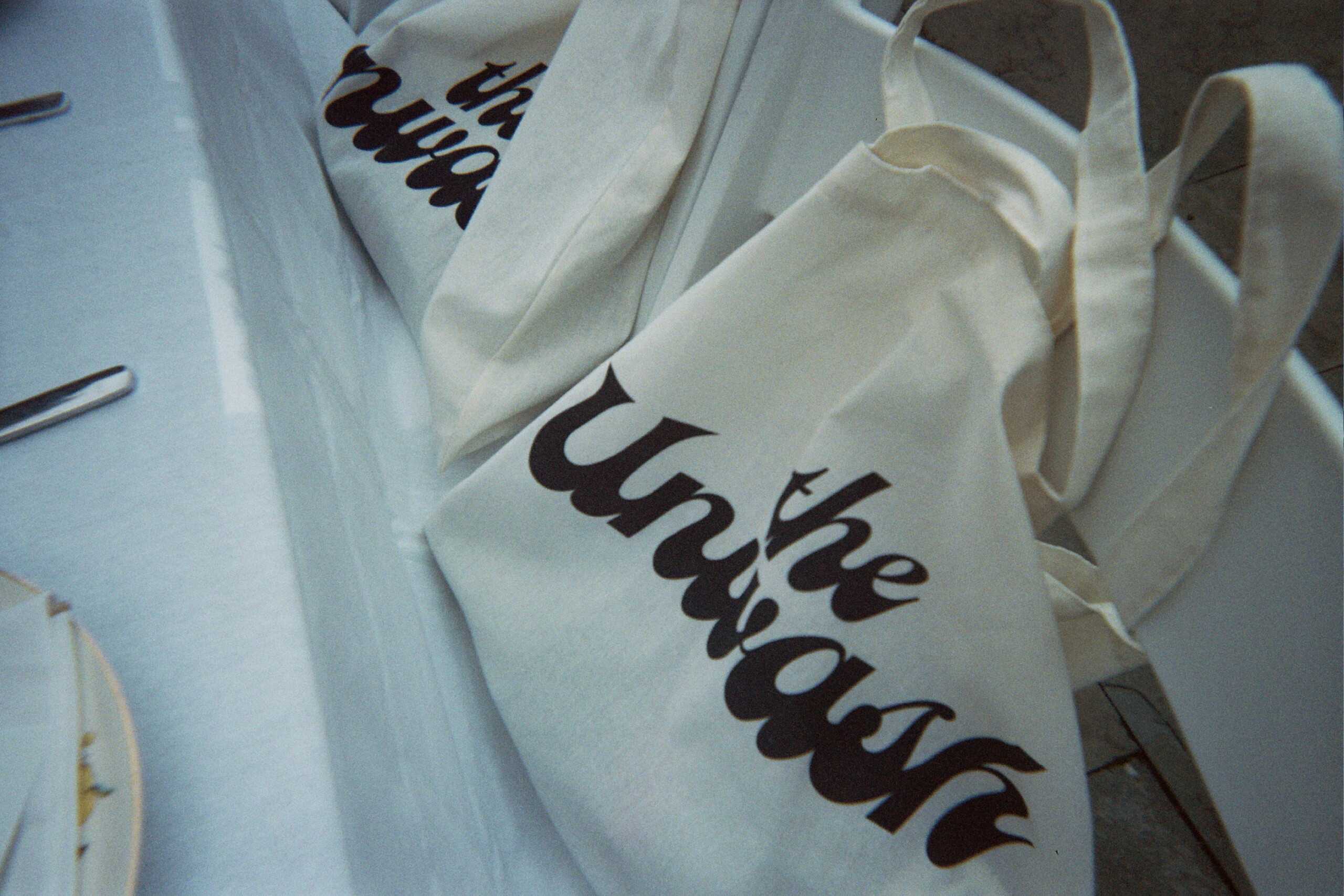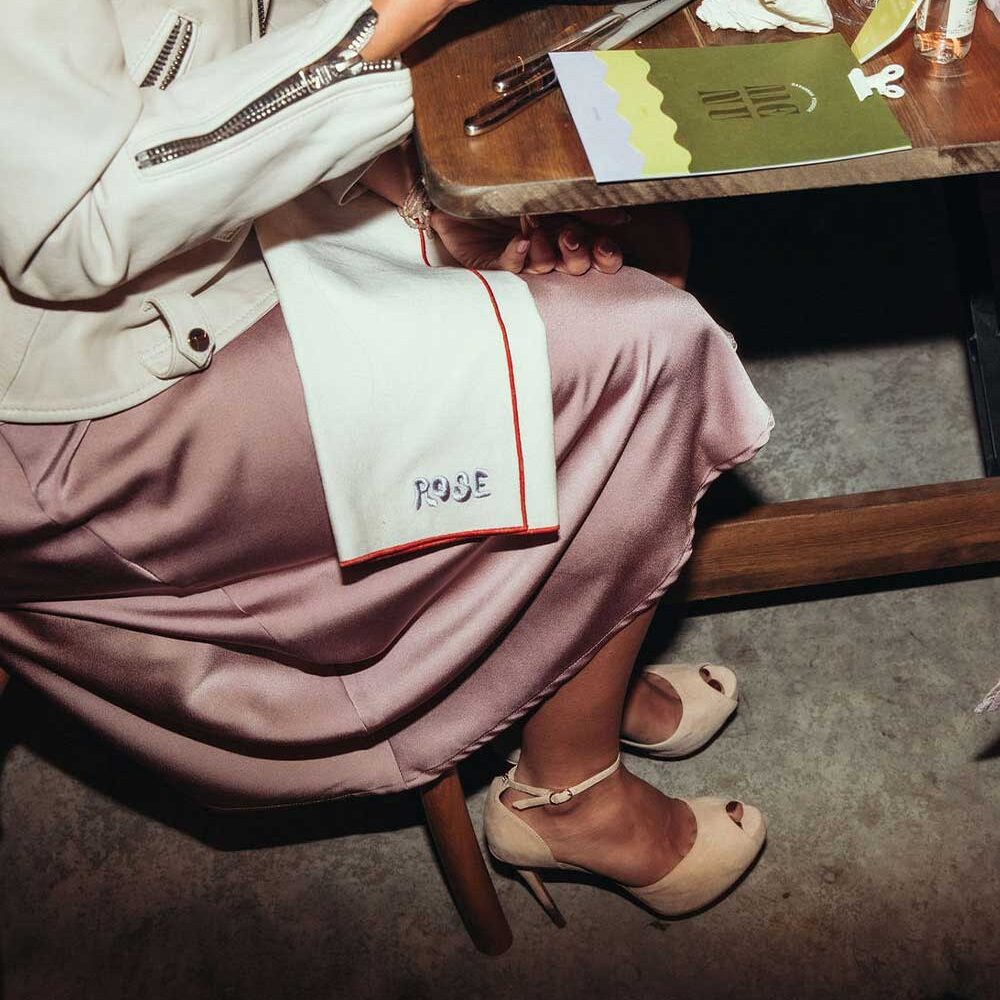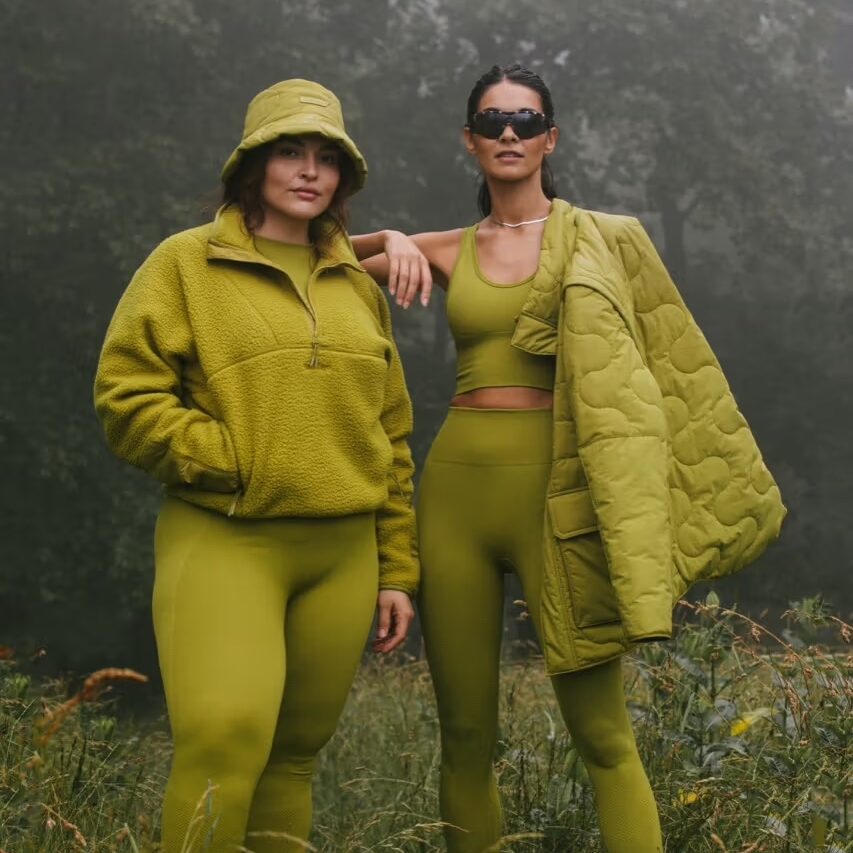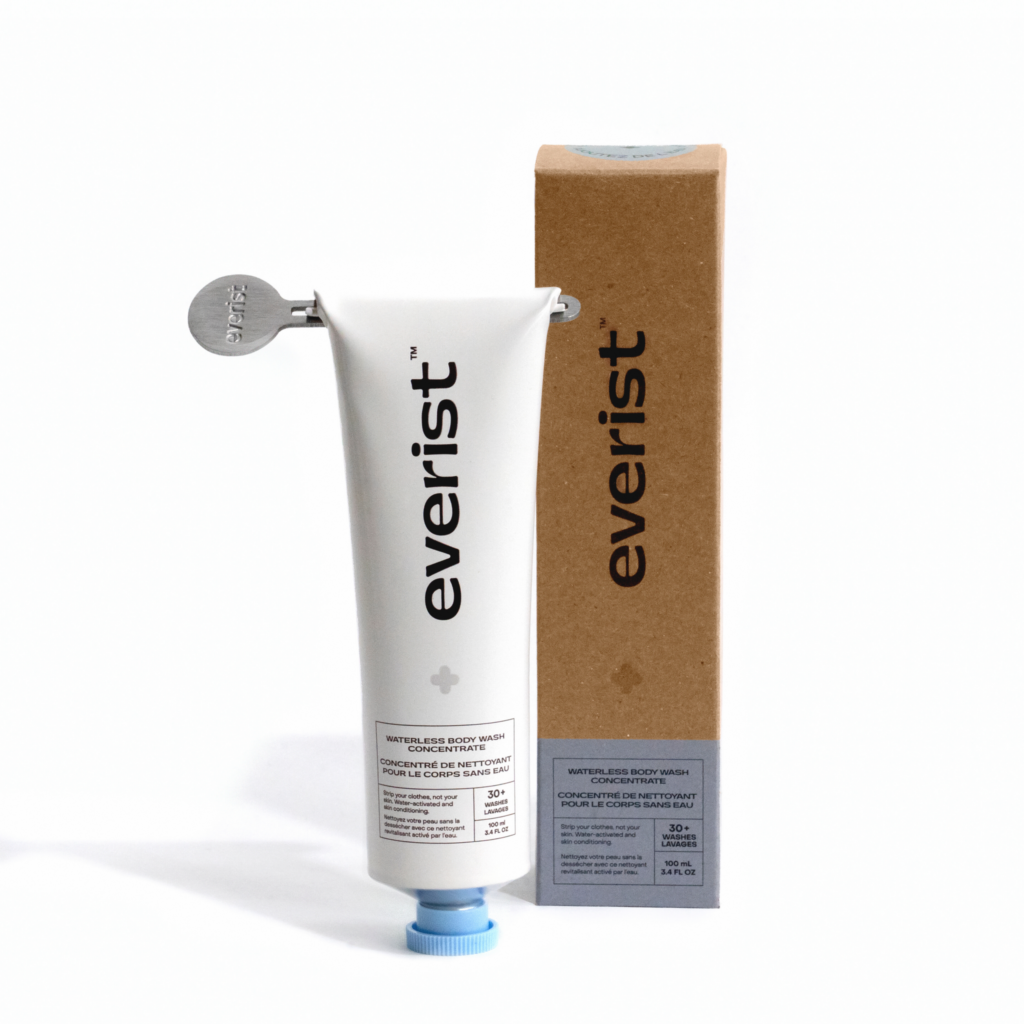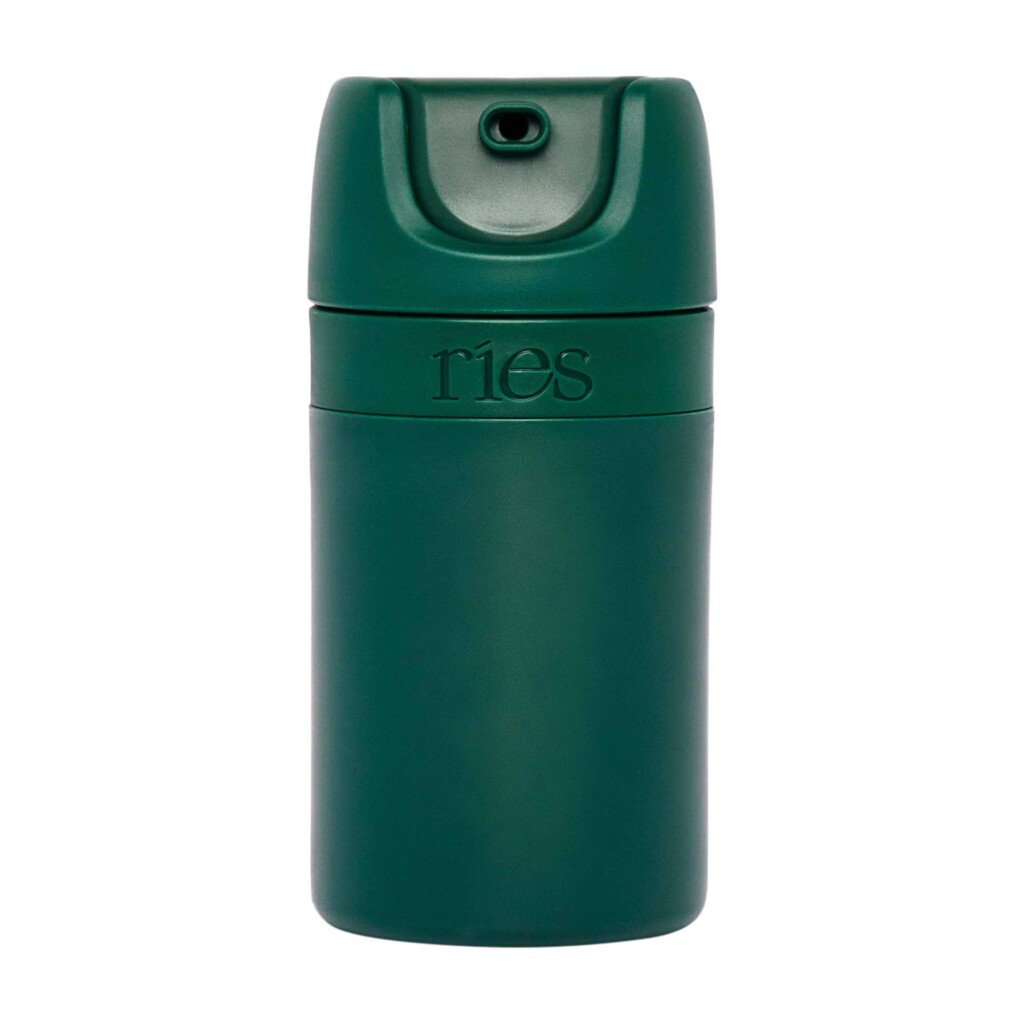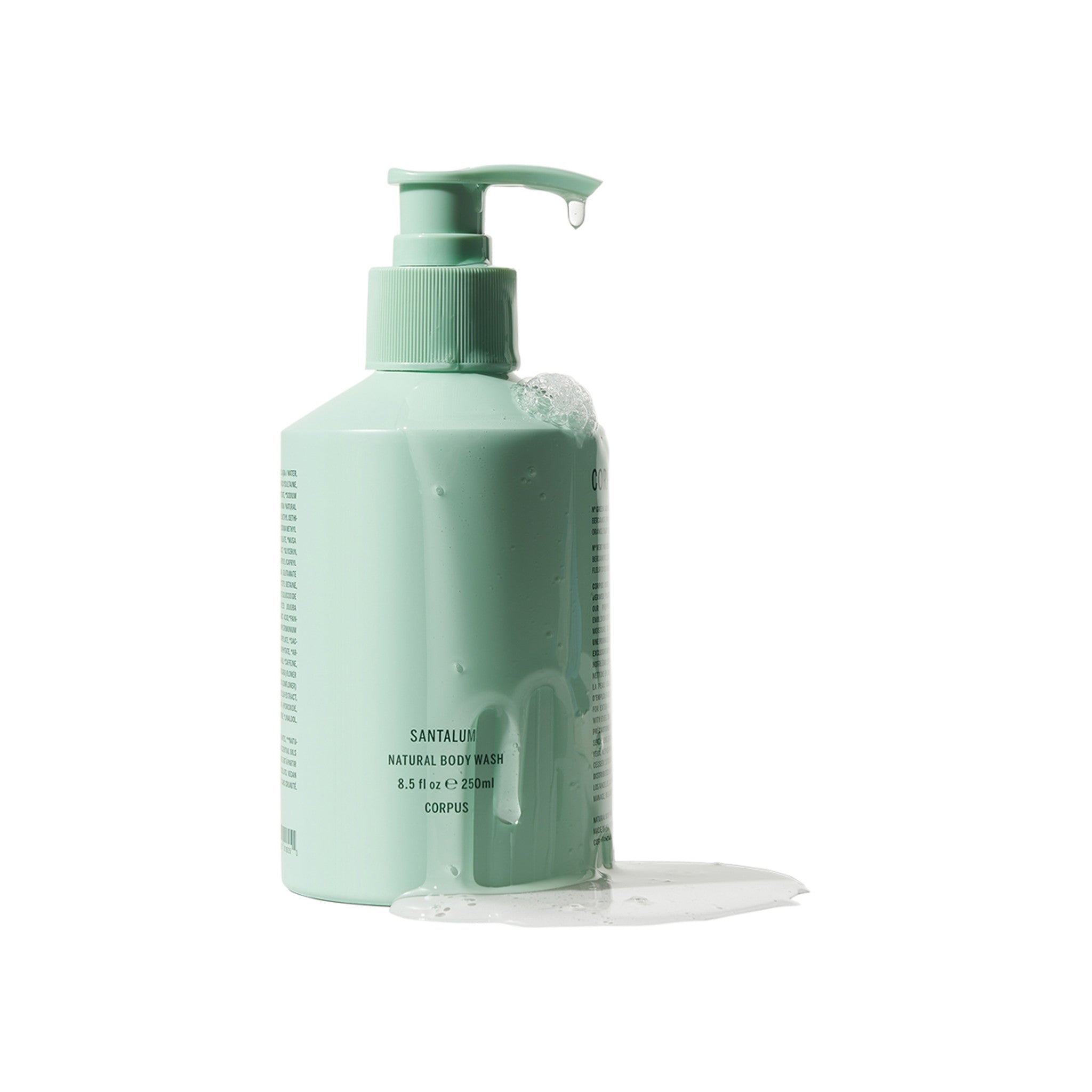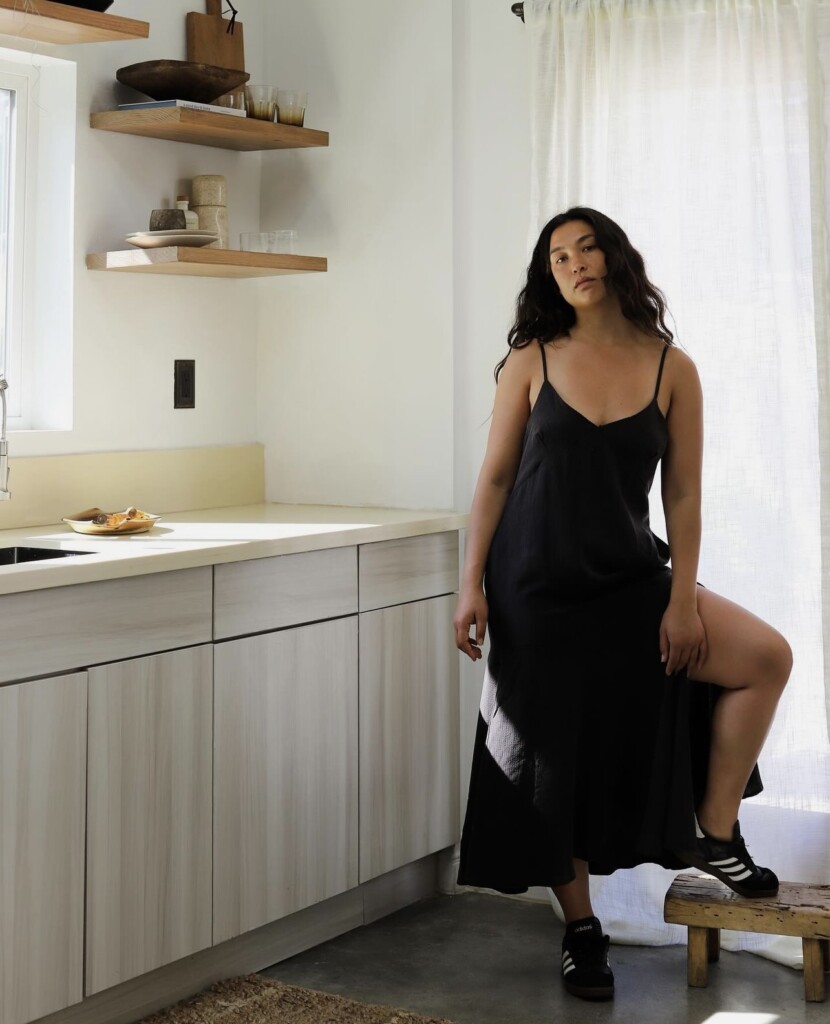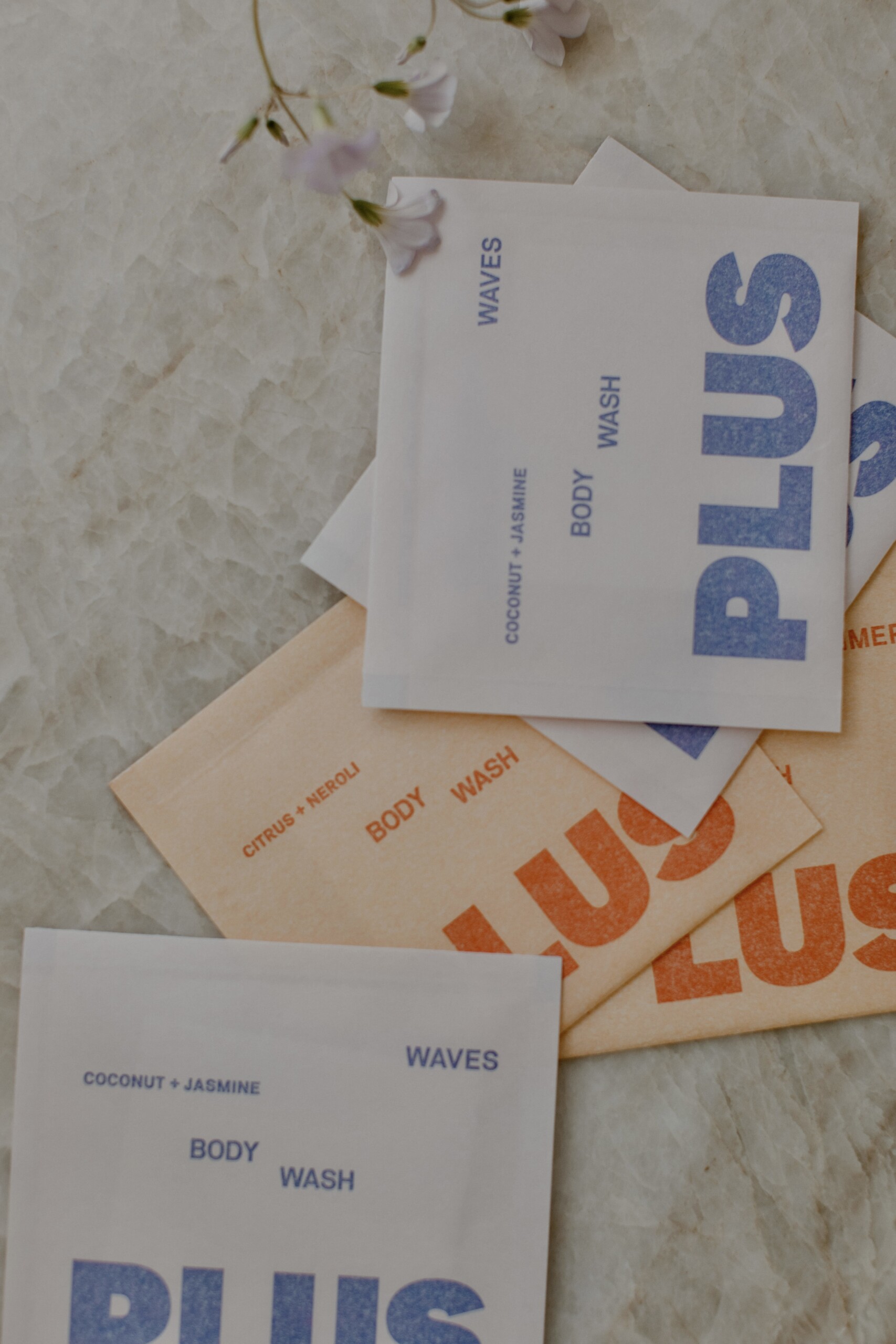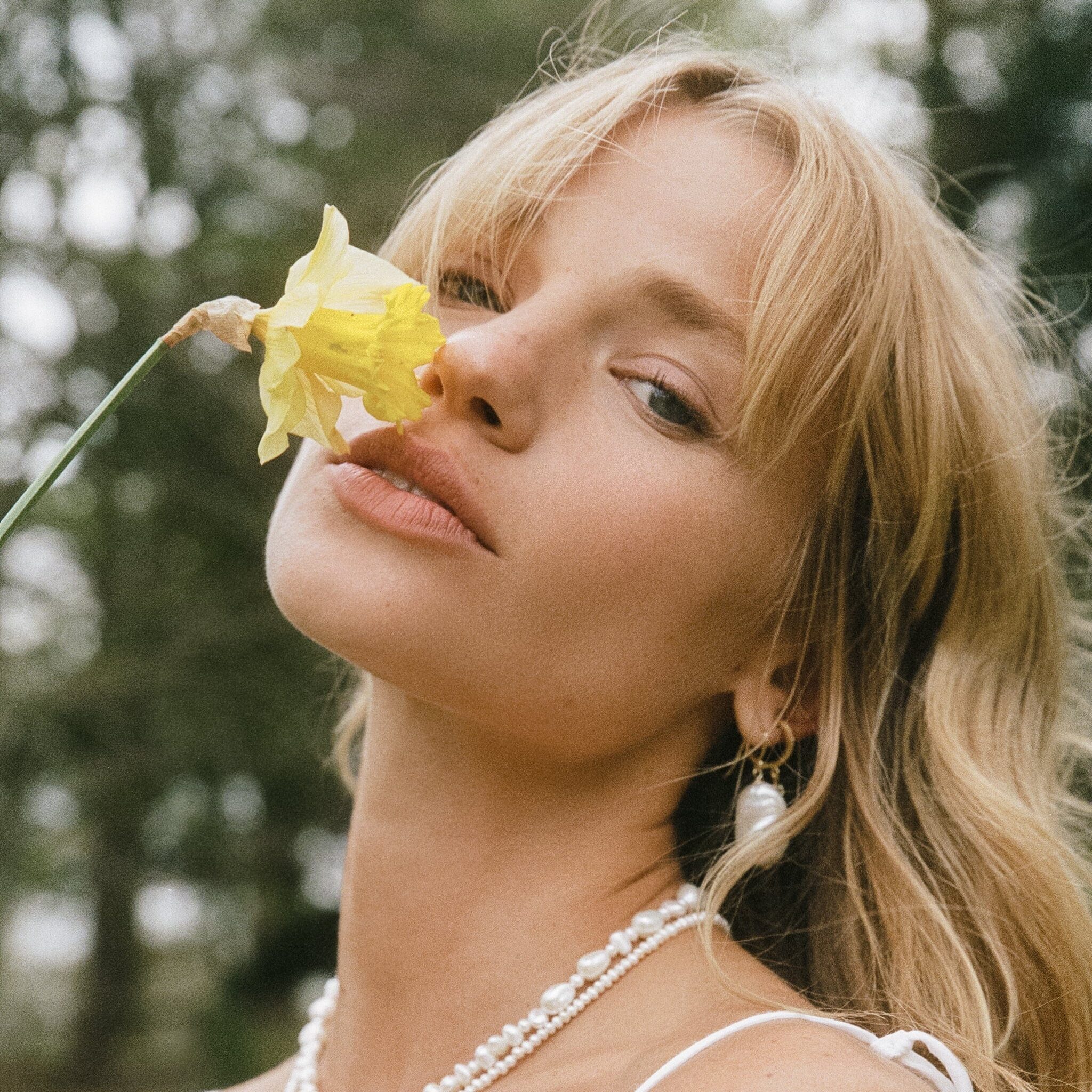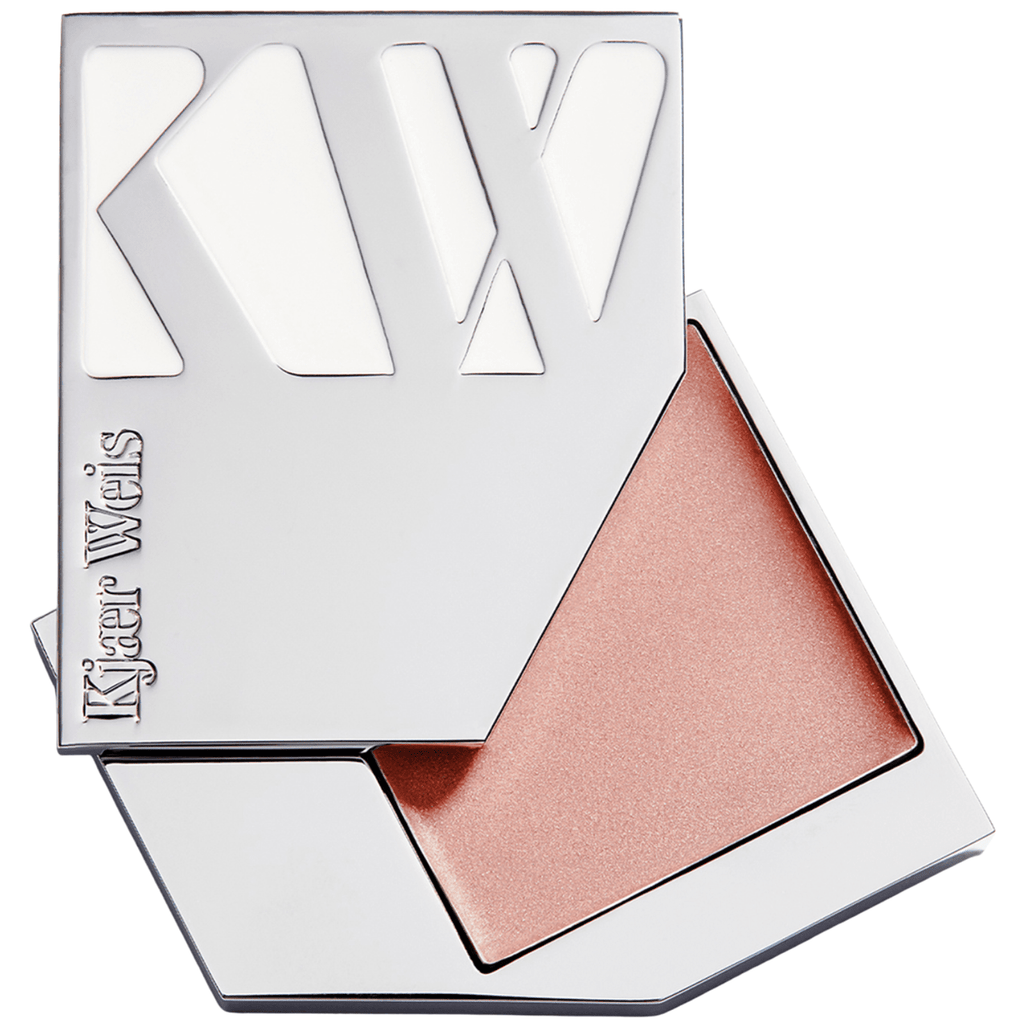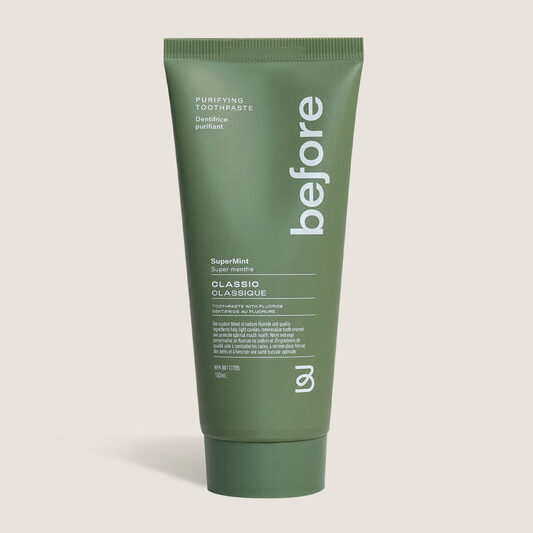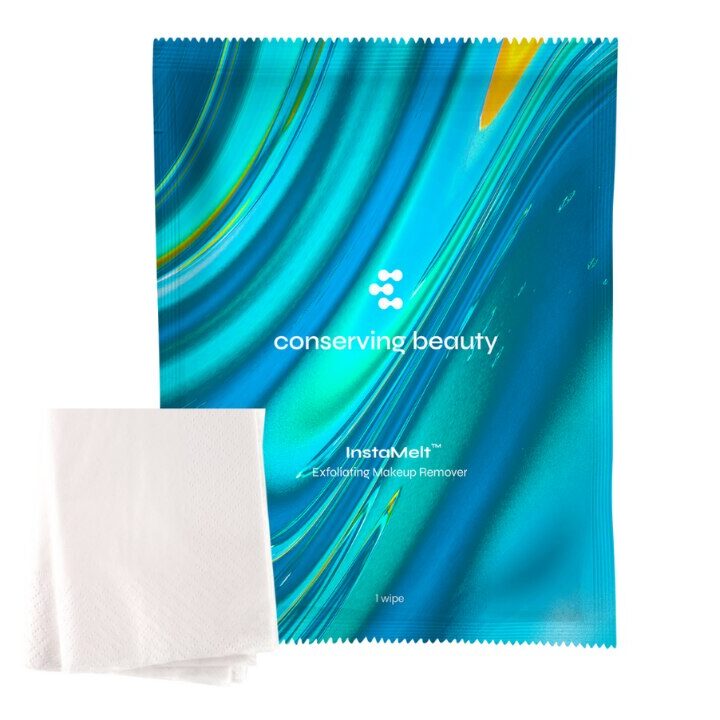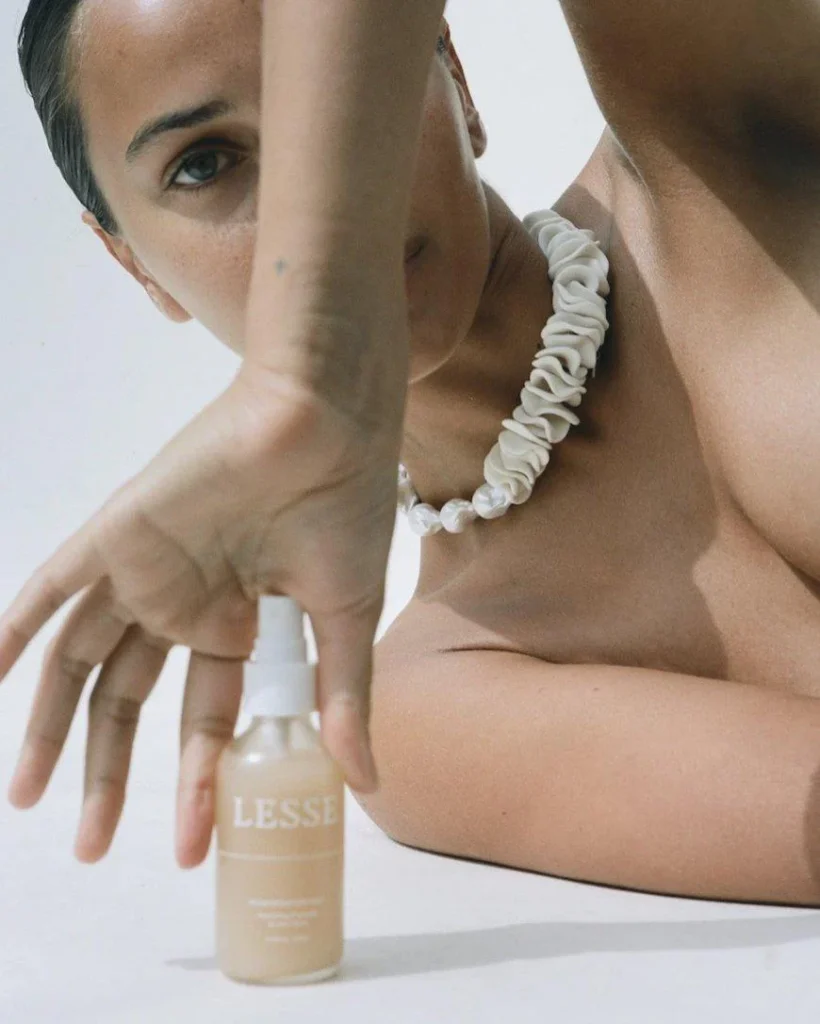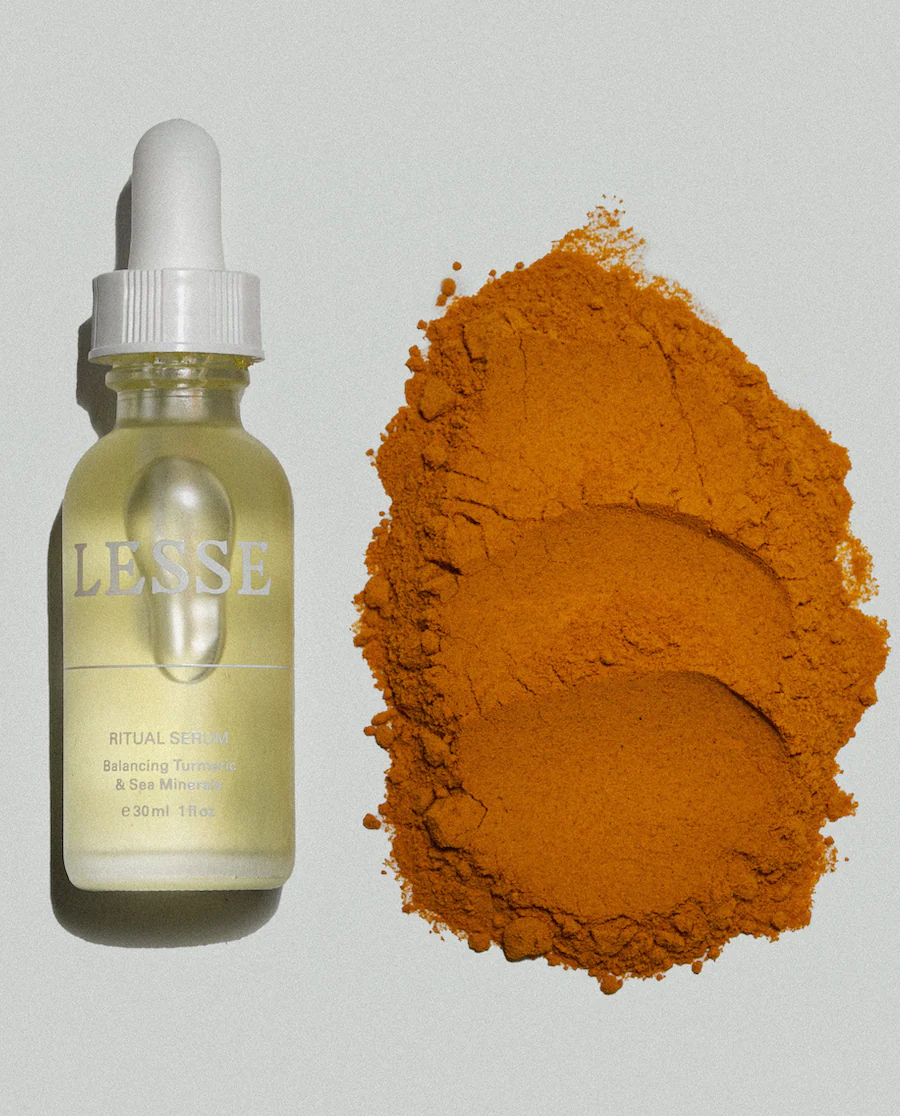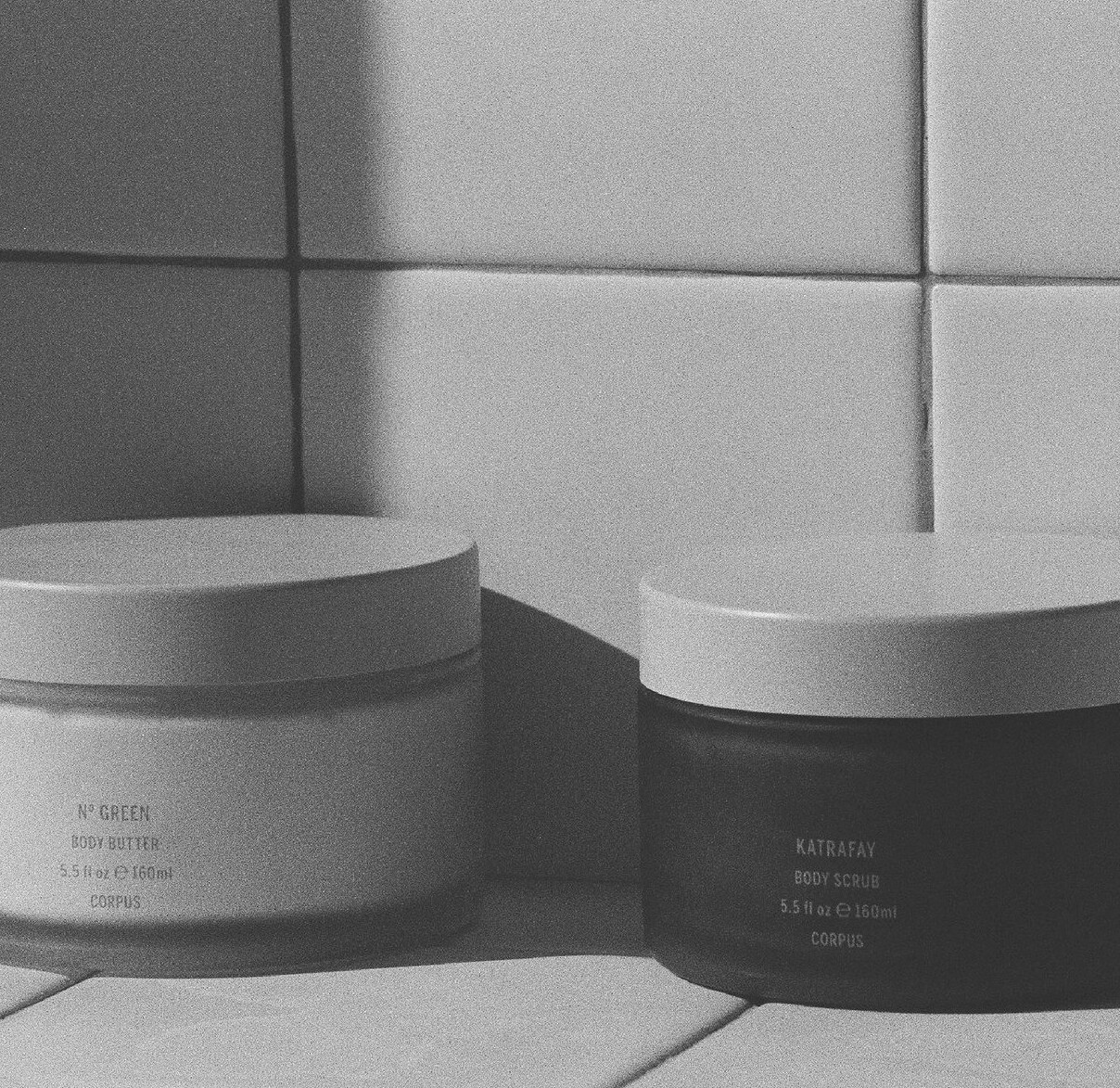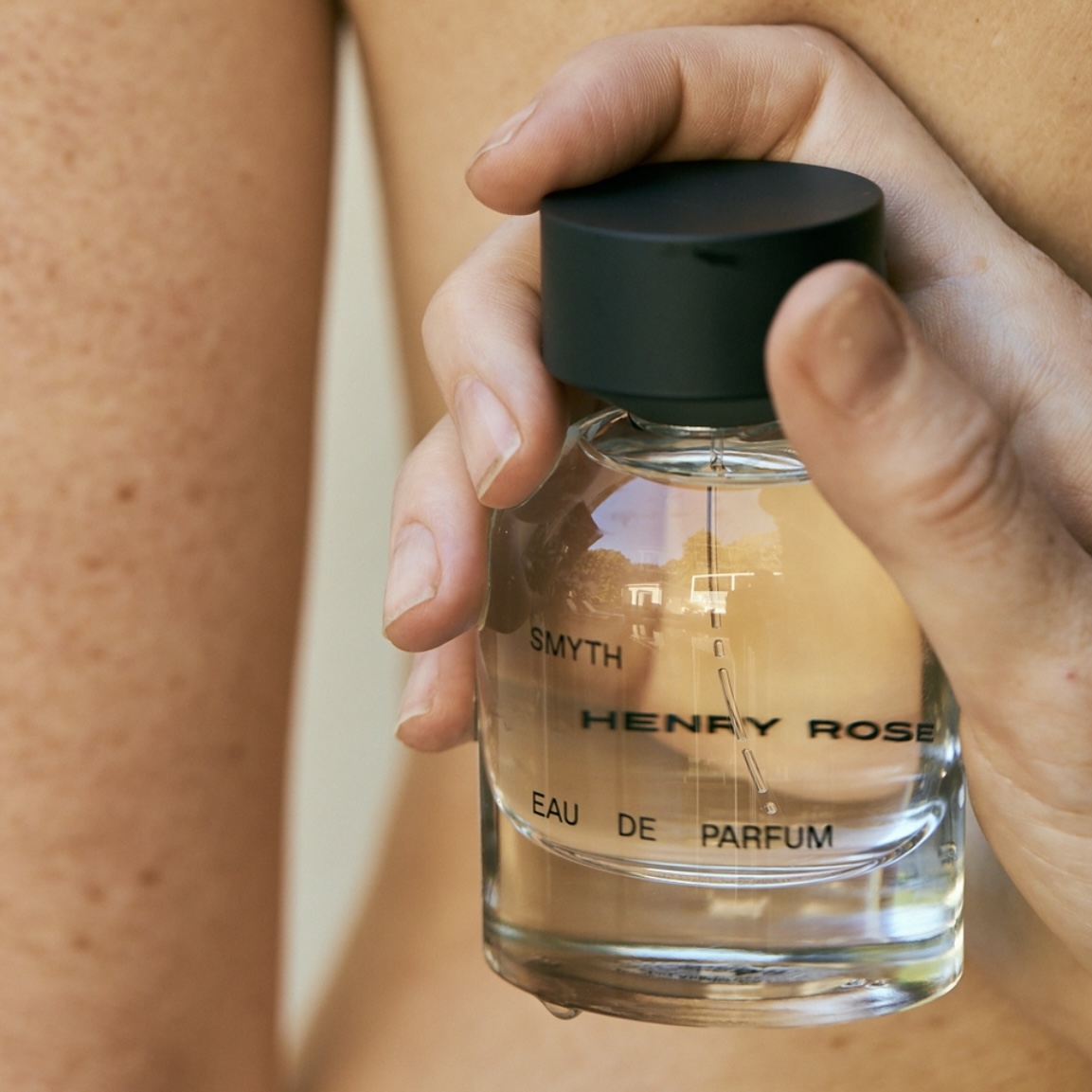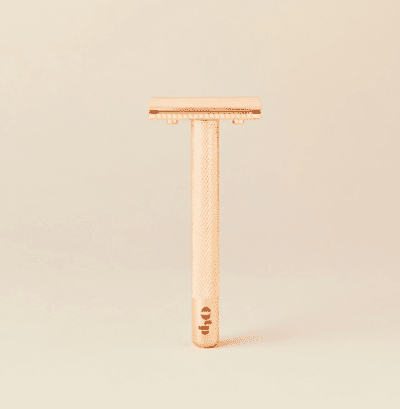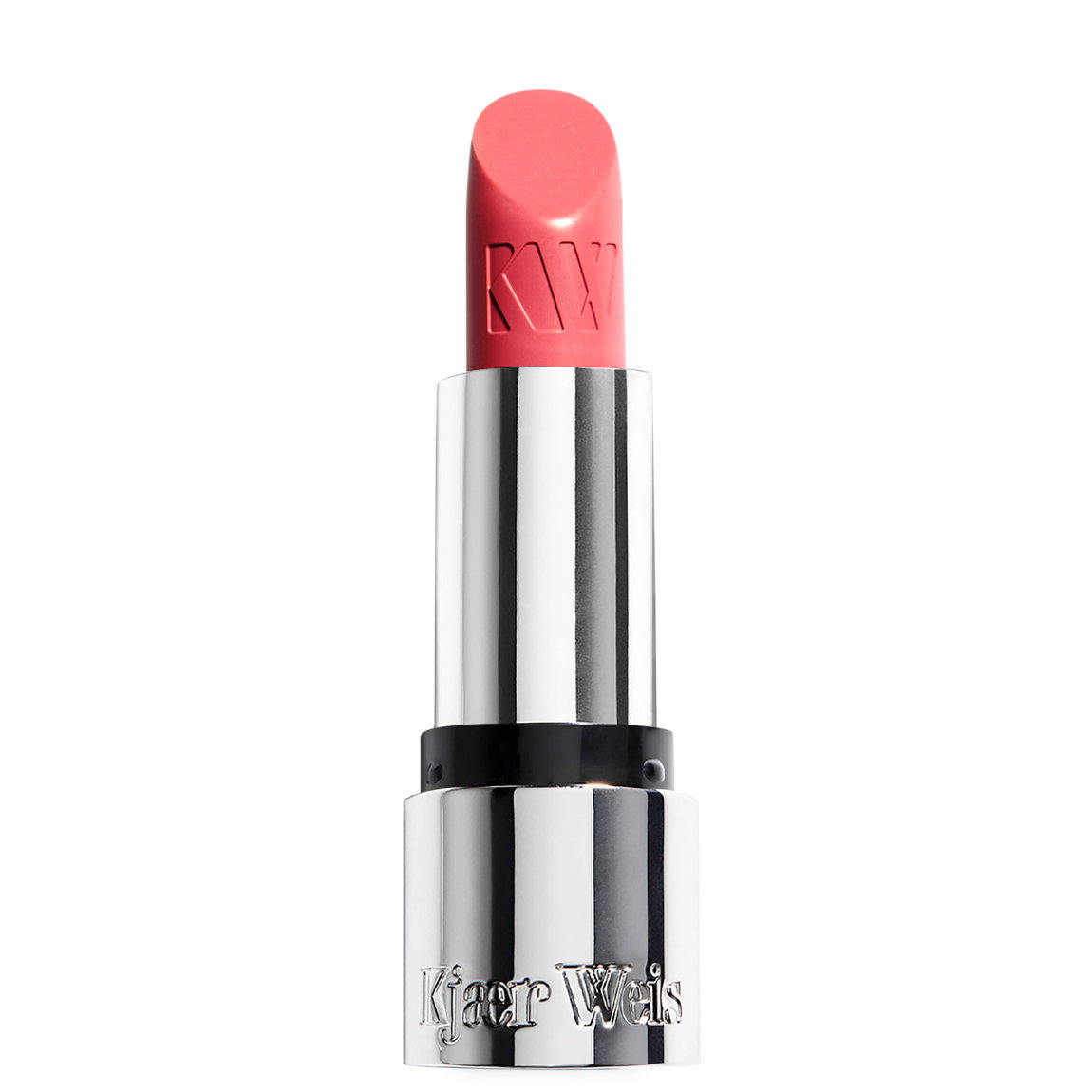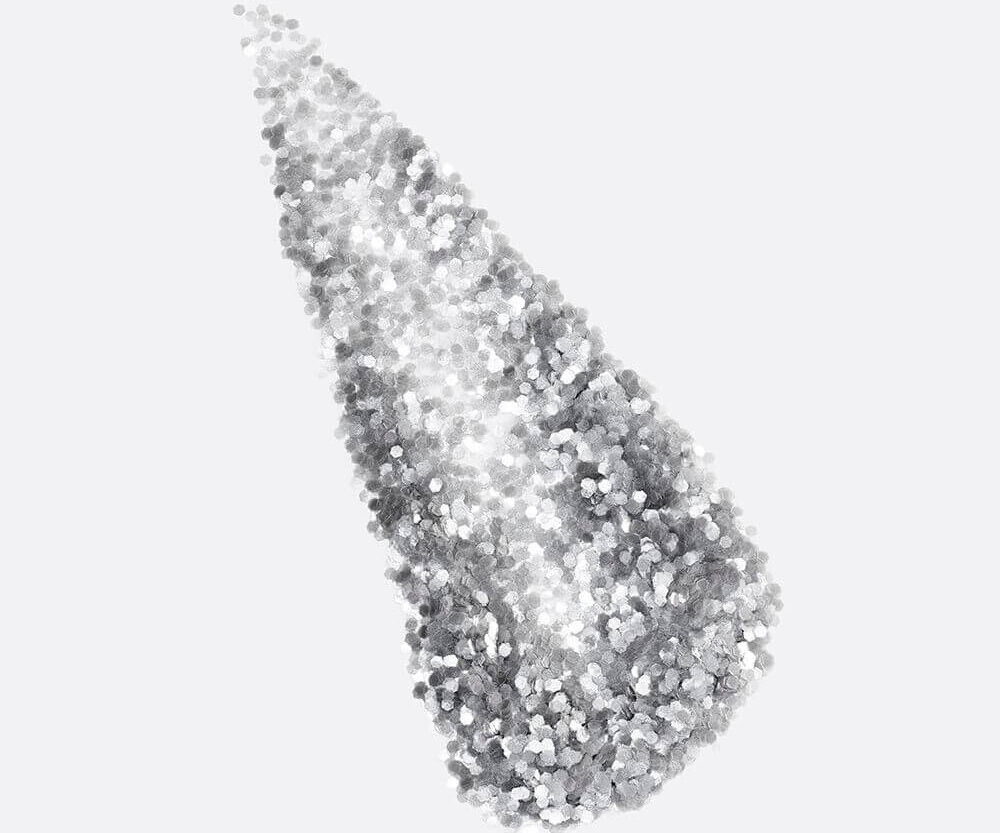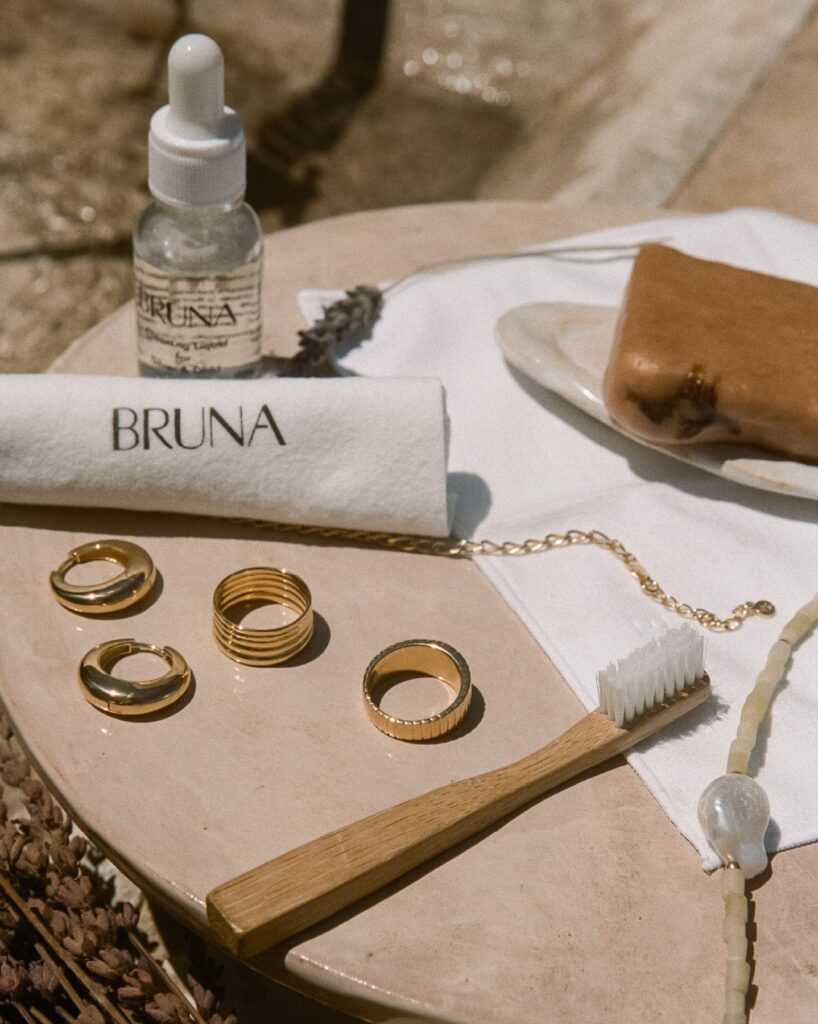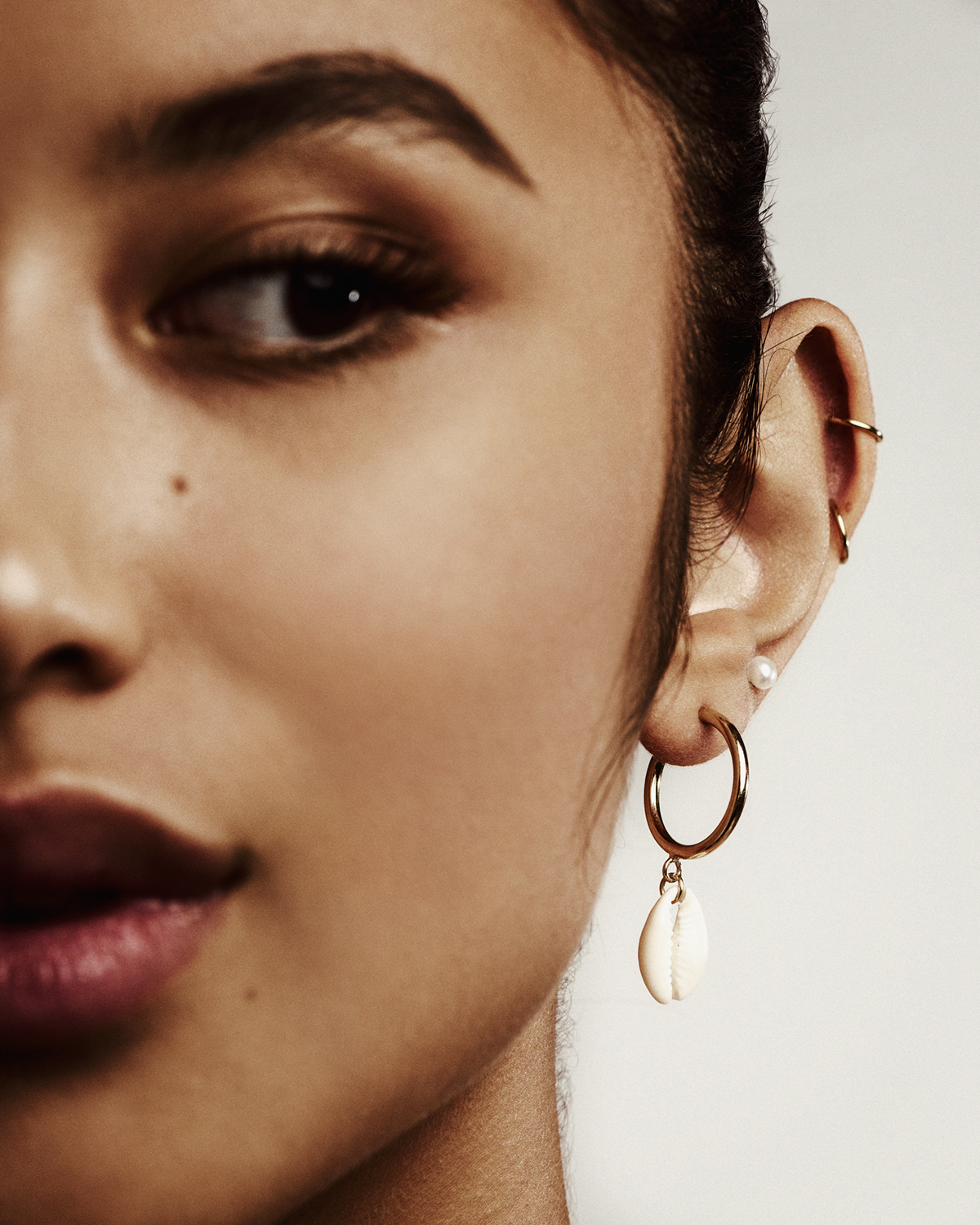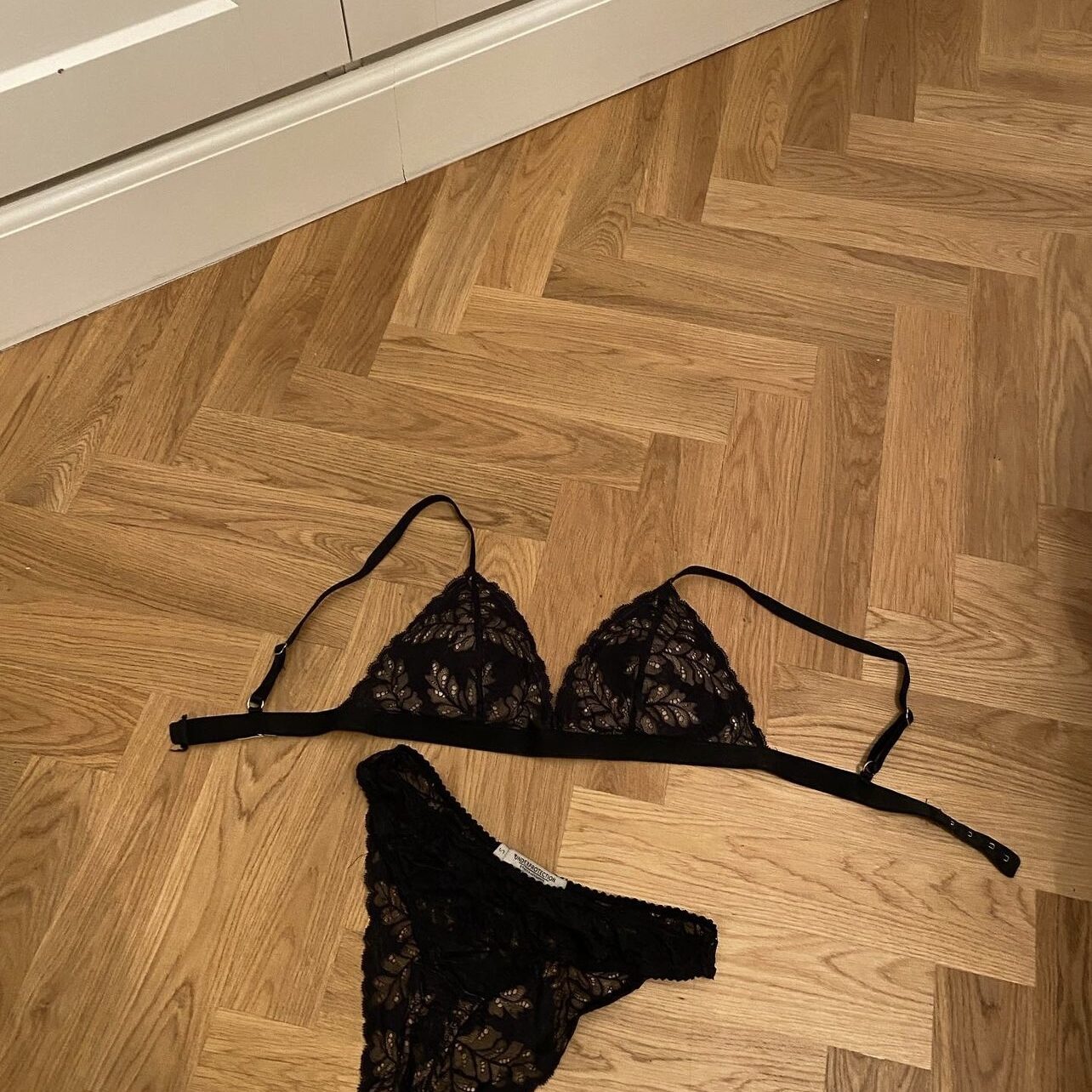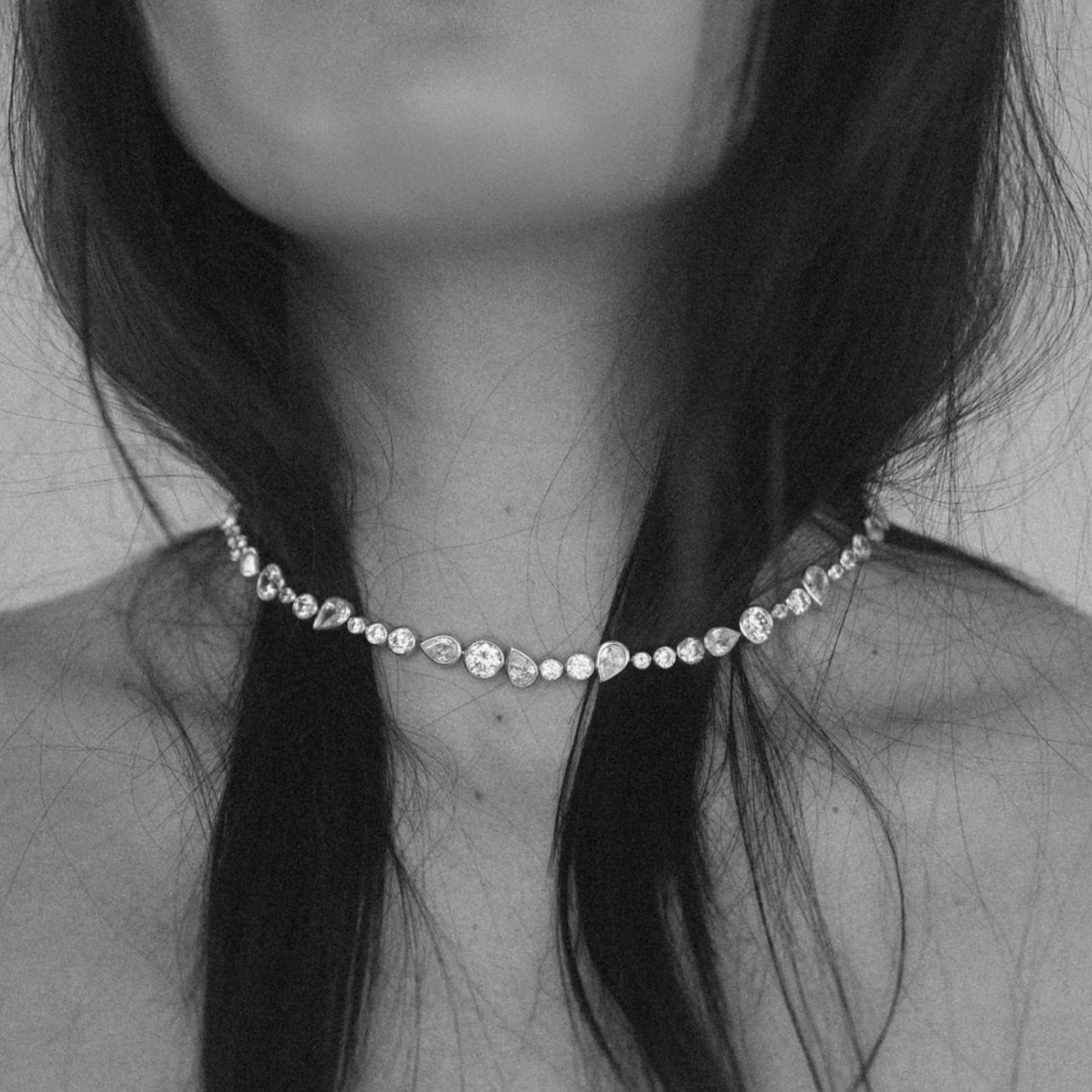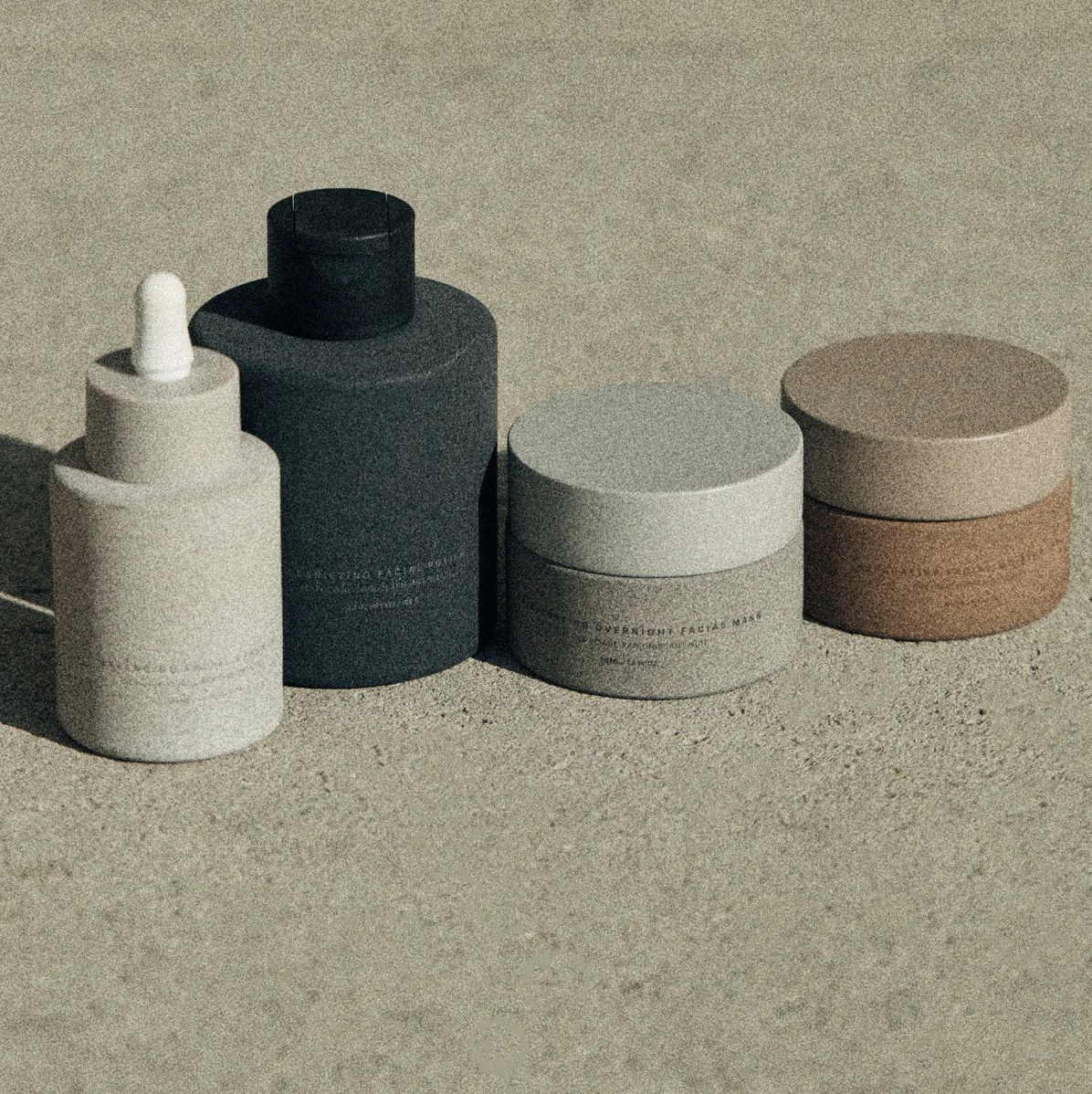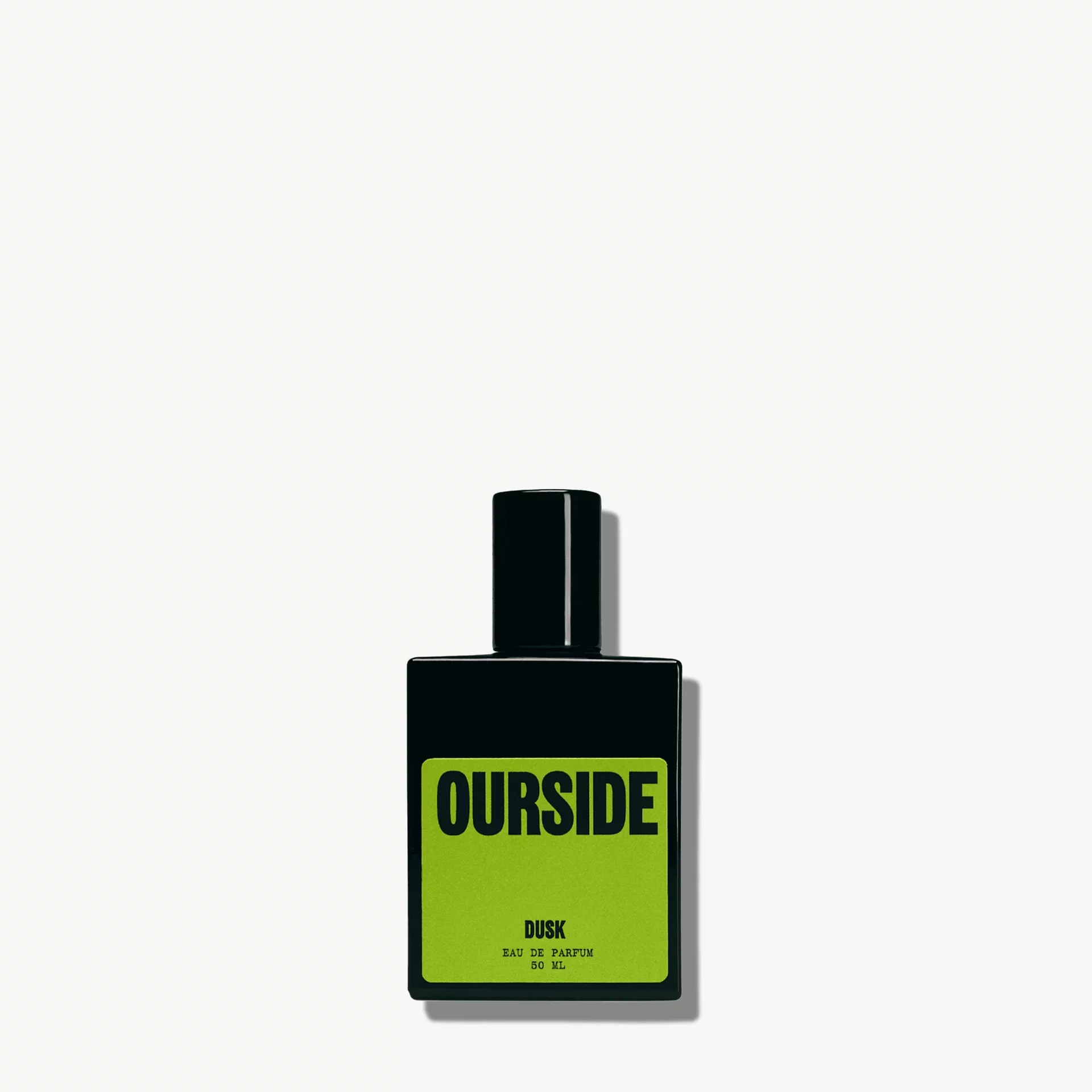the unwash: impact
A TikTok came across our feed that was about reminiscing on what Black Friday used to feel like, specifically in the early 2000’s over a slide show of people fighting over items at Target and Walmart. The user said “Sure, it was a consumerist hellscape and was bound to end at some point. But for a brief shining moment in American history, we experienced the torment and thrill of the soul of what Black Friday truly is”. Before the intersection of shopping and social media, people planned for the occasion for weeks, hiding the items they wanted in the store days before, and waking up before the sunrise to stand outside in the freezing cold just for a chance to get a good sale. This really encapsulates what the early 2000’s were like. Consumerism was loud, shameless, and in your face. Now it seems more stealth and intertwined with our scrolling. Ads are littered up and down our feeds that we don’t even notice but are subconsciously making a list of all the things we want based on what the algorithm has served us.
Tik Tok started going big on Black Friday with the launch of their shop feature last year right before the holiday season. While mindlessly scrolling, every other video is about whatever discount is being offered in the Tik Tok shop. Rather than waiting in line at 3 AM at a big box retailer, this day is now seamlessly intertwined in our social media scroll. You know on certain holidays brands will let you unsubscribe to emails, can we get that option for Black Friday? Is there any way to partake in Black Friday as a conscious consumer? All of the brands featured on The Unwash share similar messaging of buying less. Does this ode to consumer less go out the window if a small, sustainable business joins in on a Black Friday sale? There’s mixed feelings as this holiday promotes buying more, not less. Let’s get into it.
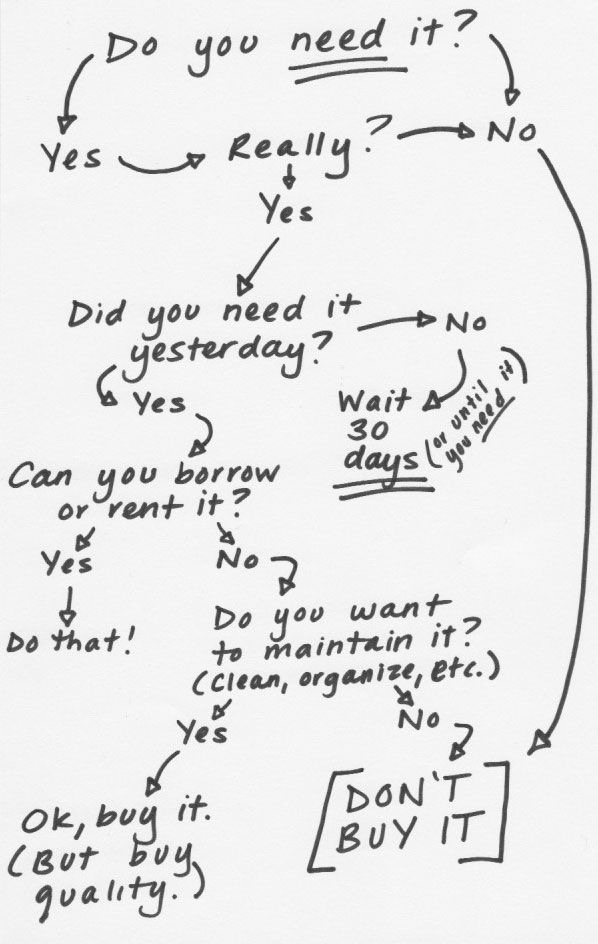
“Today is Black Friday. Overconsumption is wrecking present and future living conditions and the planet itself. Don’t buy stuff you don’t need.” – Greta Thunburg, Environmental Activist
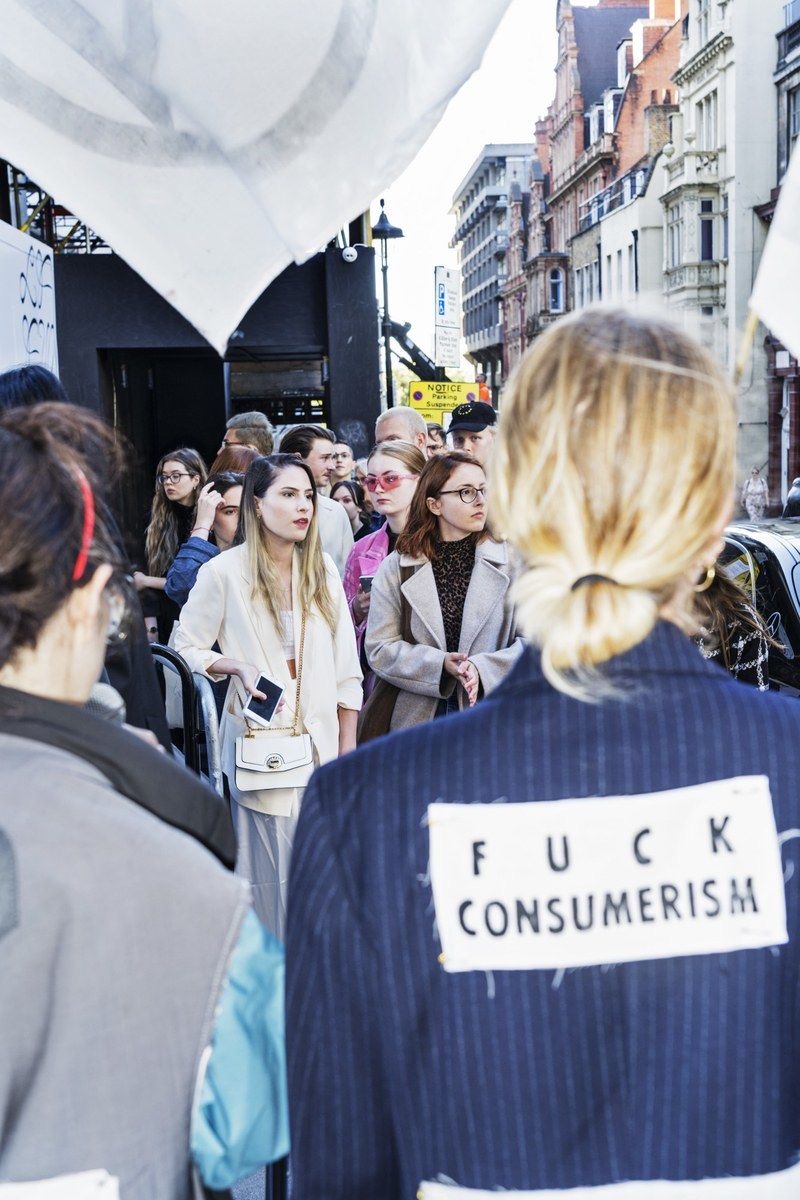
Black Friday fuels hyper consumption, that’s literally what it’s all about. It even got its name from the copious amount of smog created by shoppers sitting in packed traffic. Last year we chatted with a few small business owners including Kate Assaraf, founder of Dip Premium Hair Care to discuss how best to partake in the holiday. Dip is having a sale but only for certain items. Kate said that if this is a sale that could help people get the items they need at a more affordable price than she’s all for it. Kate is also very outspoken about the overconsumption caused by big box Black Friday and the need to opt for smaller businesses instead.
Is choosing a small business over Amazon or a large retailer the best choice? In many ways we want to advocate for not subscribing to Black Friday at all. On the other hand, small businesses that are prioritizing sustainability need support, even on holidays that promote over consumption. Small business Saturday was created to solve this exact dilemma. Whilst great for in-person shopping at local businesses, it somewhat negates the prominence of online shopping. Black Friday has turned into a days long extravaganza not a single day experience like it once was, which further limits the reach of Small Business Saturday. Kate is really onto something and her choice behind Dip having an annual sale has far more depth than just deciding to mindlessly slap a discount on products. She’s right that this is a chance for shoppers to get what they need at a price that’s more in reach. Whereas Klur, a skincare favorite of The Unwash recently posted that they won’t be doing a Black Friday sale but rather offering a gift with purchase, citing their desire to stay firm in their values. Both options are valuable in their own way when thinking about whether or not to shop. Maybe avoid the Tik Tok shop discount roulette that makes you feel like you have to purchase something right at that moment and have a more mindful approach. Maybe Black Friday can be an opportunity for people to try a sustainable brand without the high price point that’s often associated. Below are some brands that I think are more than worthy of your support this Friday.
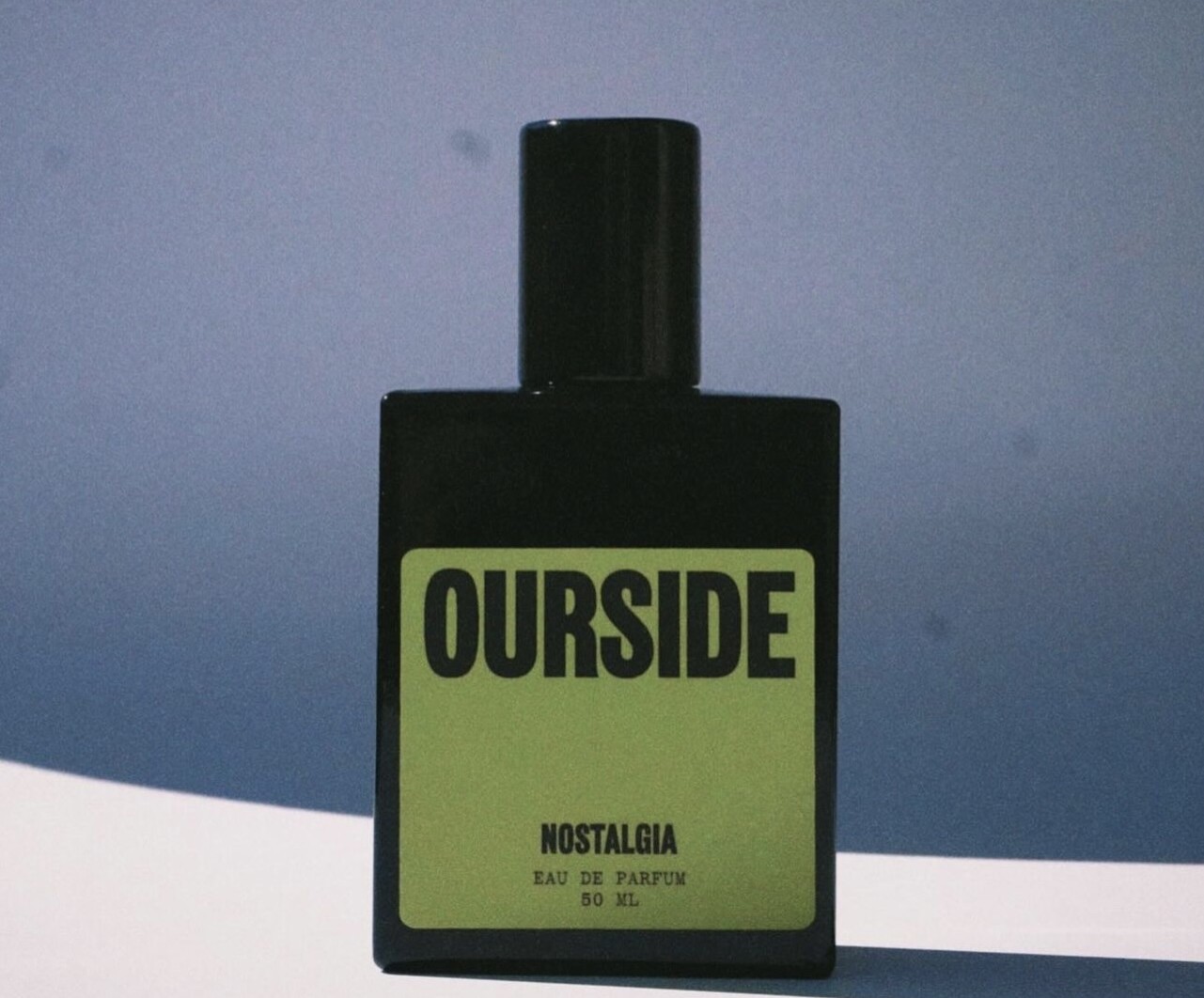
01
Ourside
Ourside is a Brooklyn-based fragrance house making luxury fragrances at a more affordable price point with a unique scent profile. The brand is committed to making the fragrance industry more approachable and accessible.
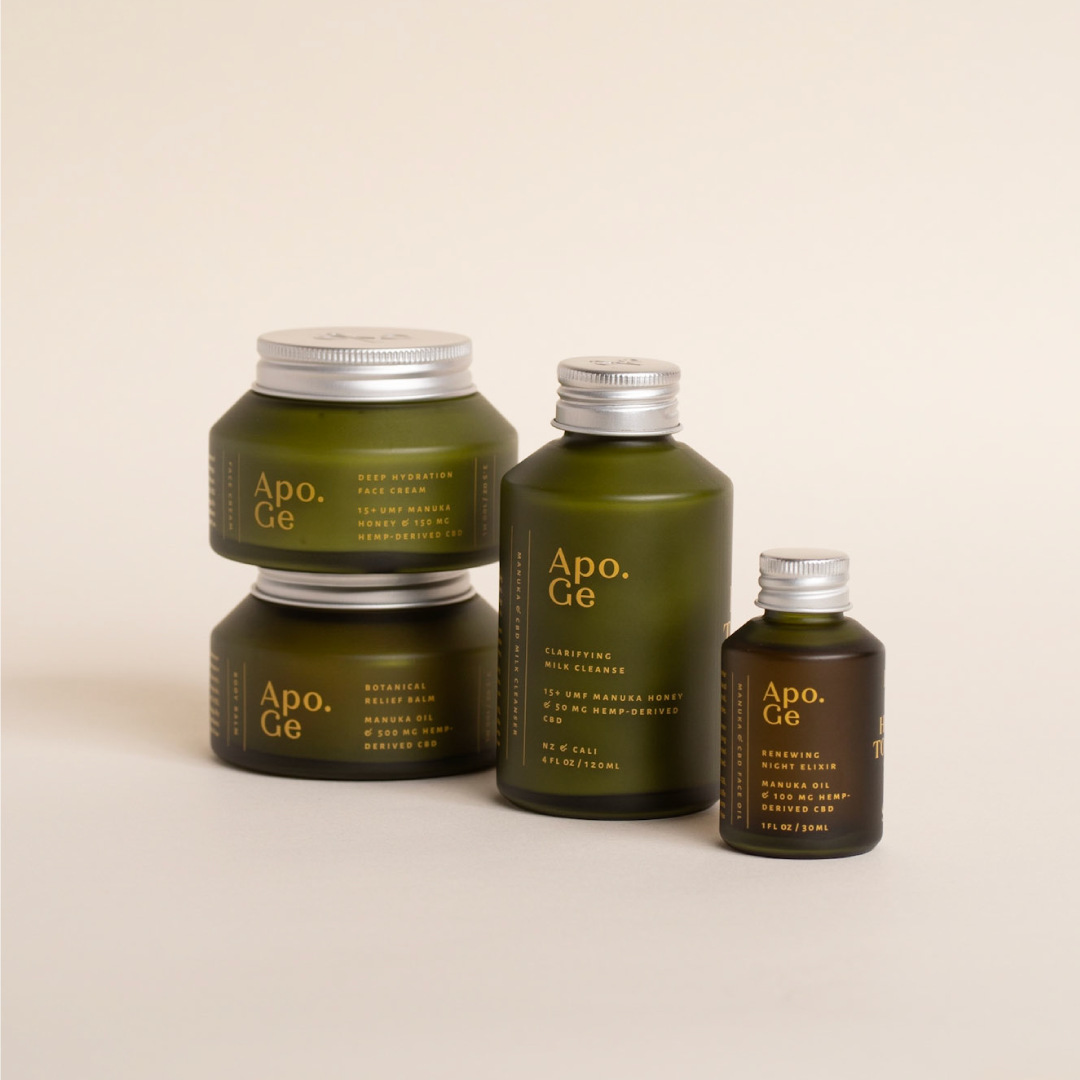
02
Apo.Ge
Apo.ge is a completely plastic free skin and bodycare brand with formulas powered by manuka honey. The brand goes the extra mile to ensure the use of zero plastic by ditching conventional pumps and other plastic competents.
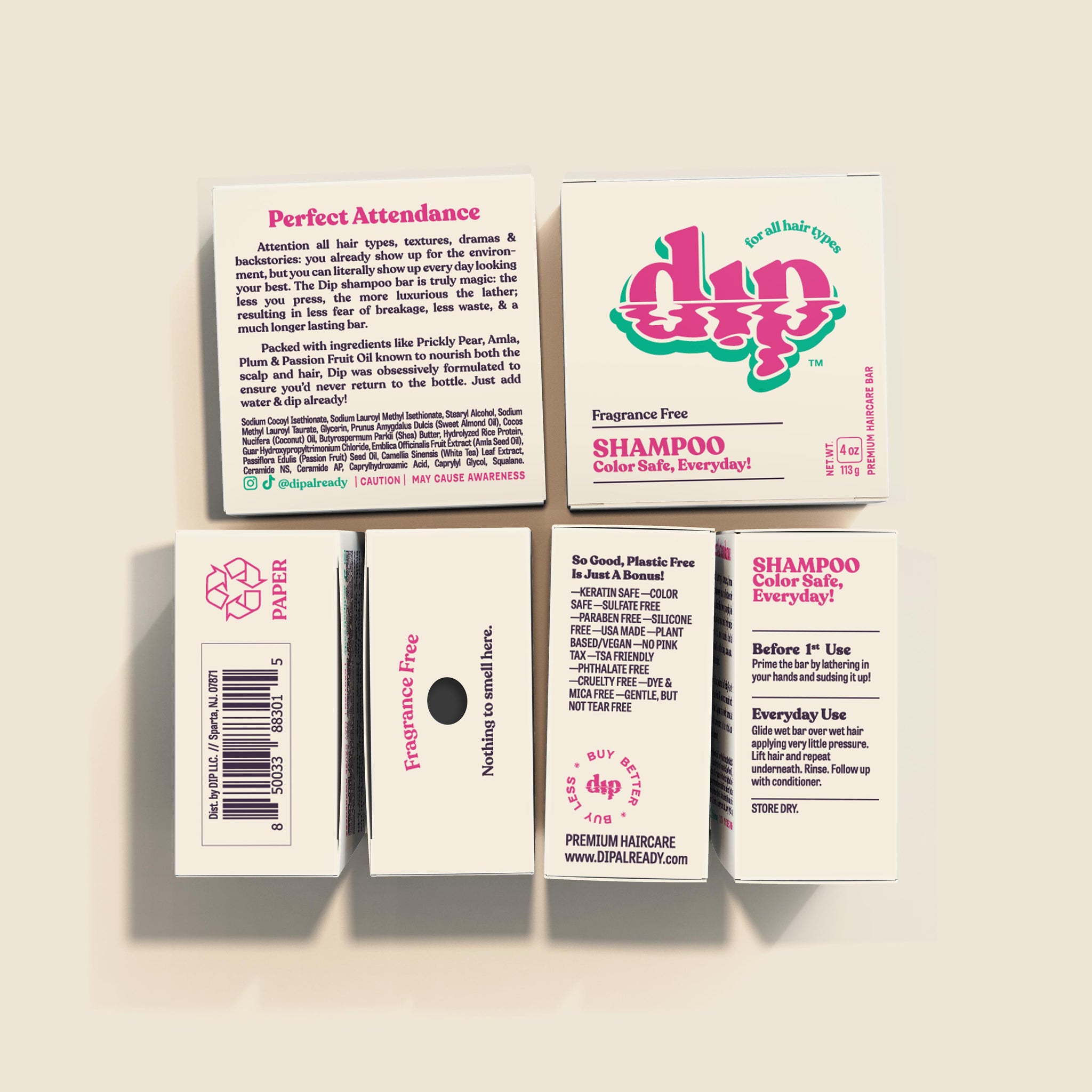
03
Dip Premium Haircare
Kate Assaraf’s Dip Premium Hair Care specializes in zero-waste shampoo and conditioner bars that are suitable for a diverse range of hair needs. Their range includes everything from color-safe bars to post-swimming care and come in a wide array of scents.
